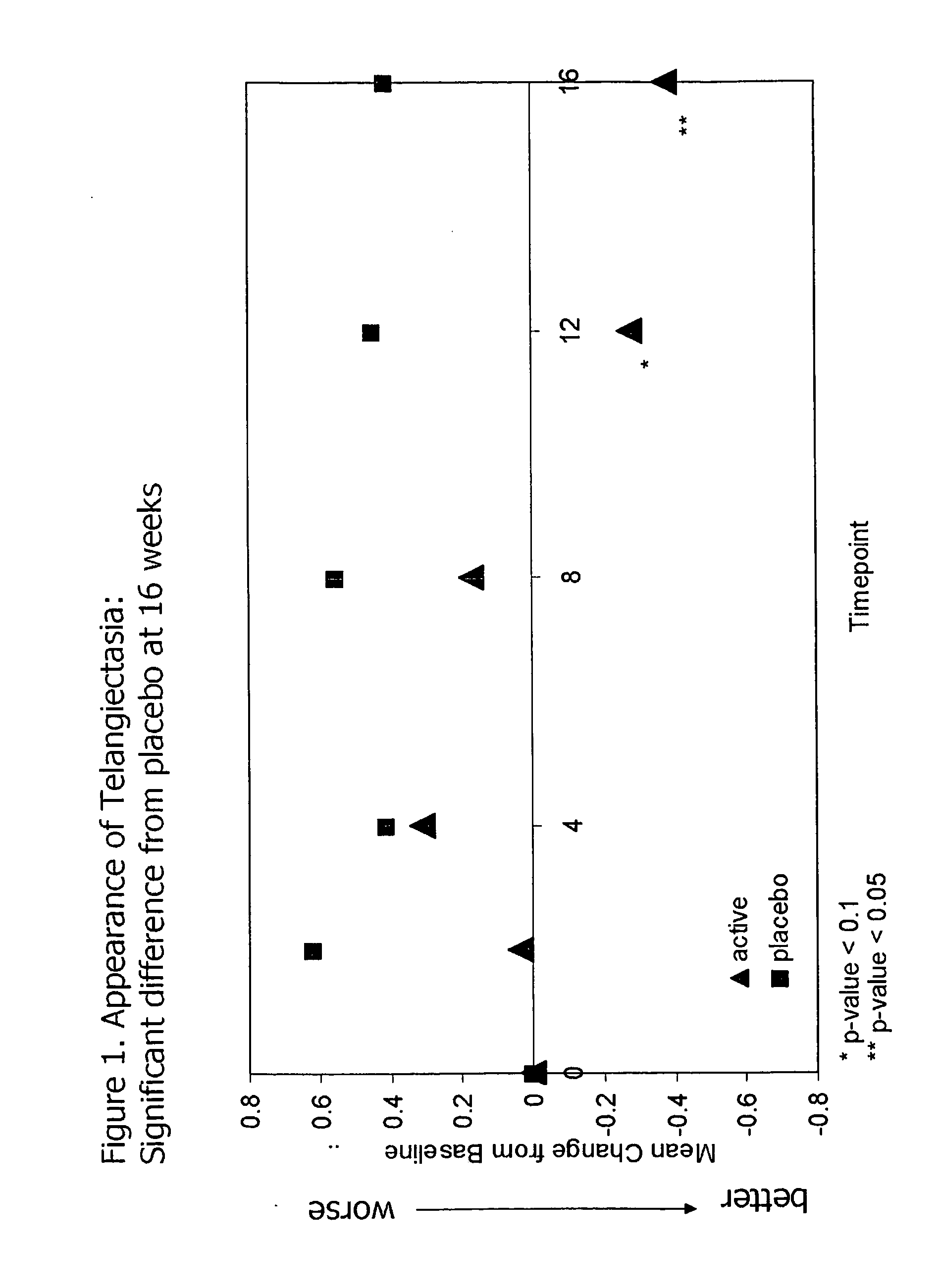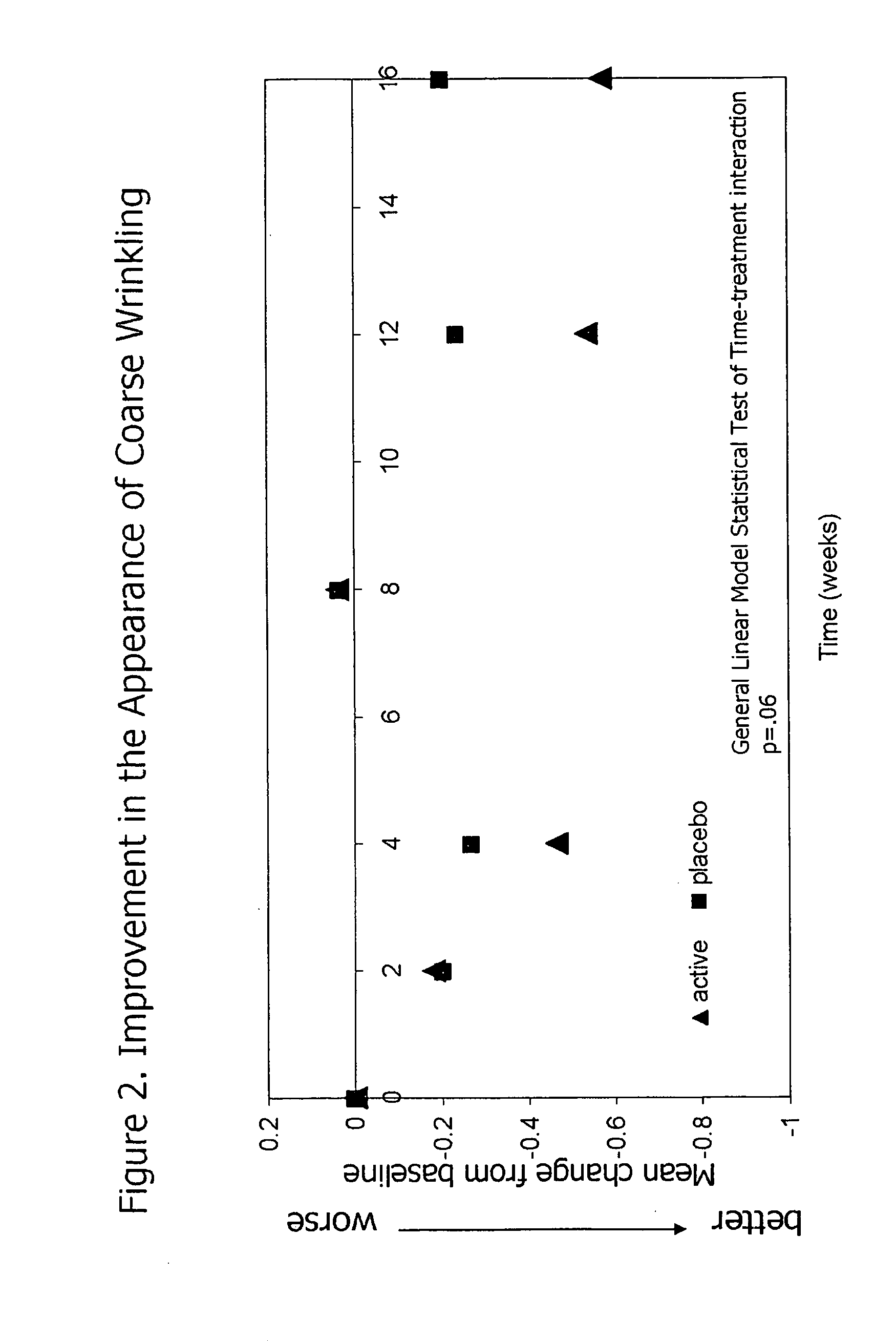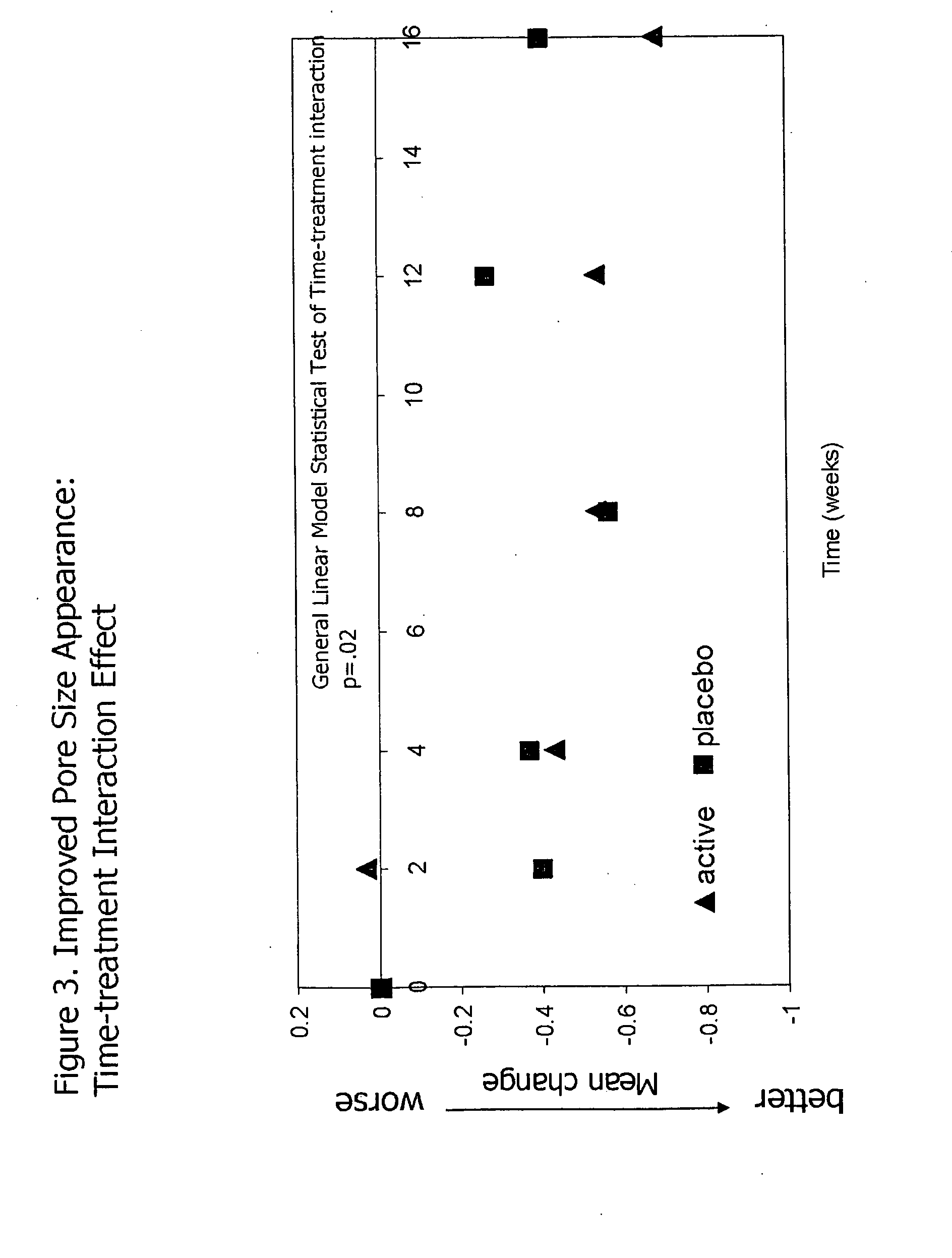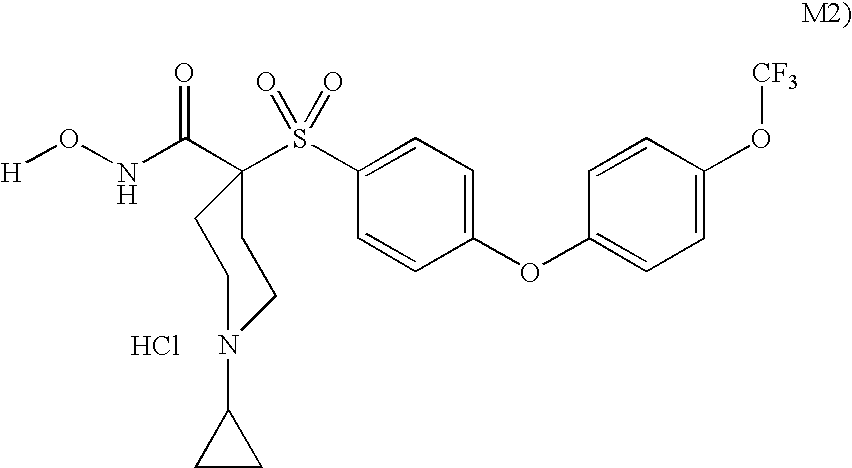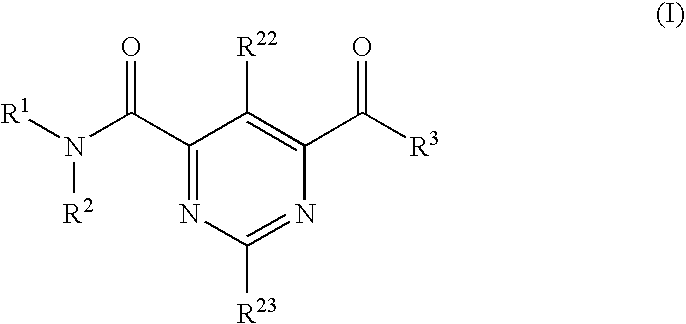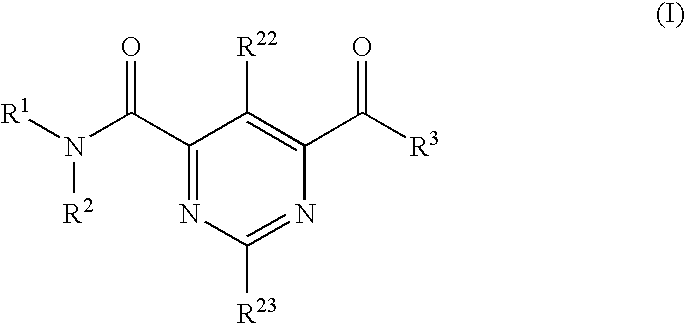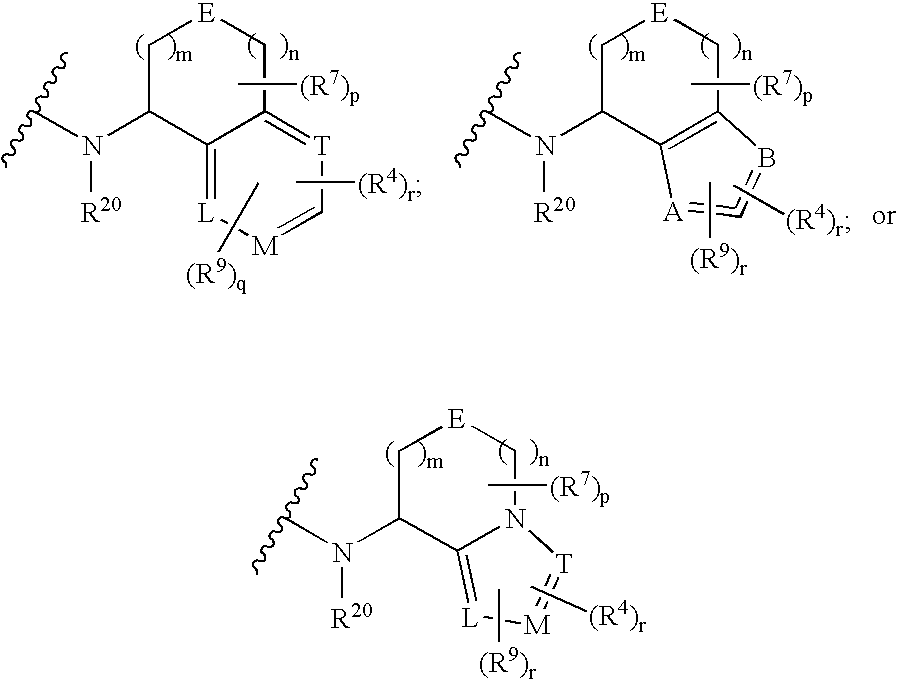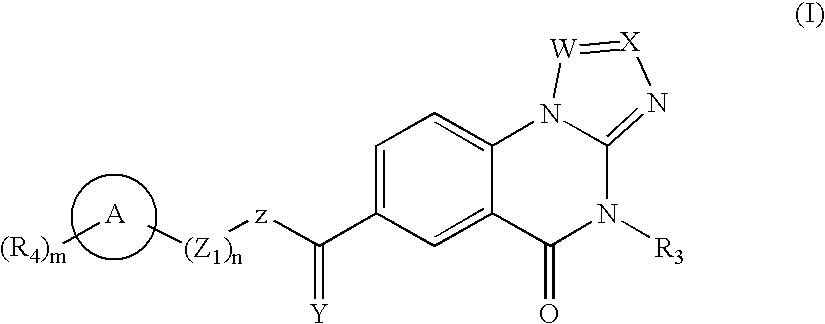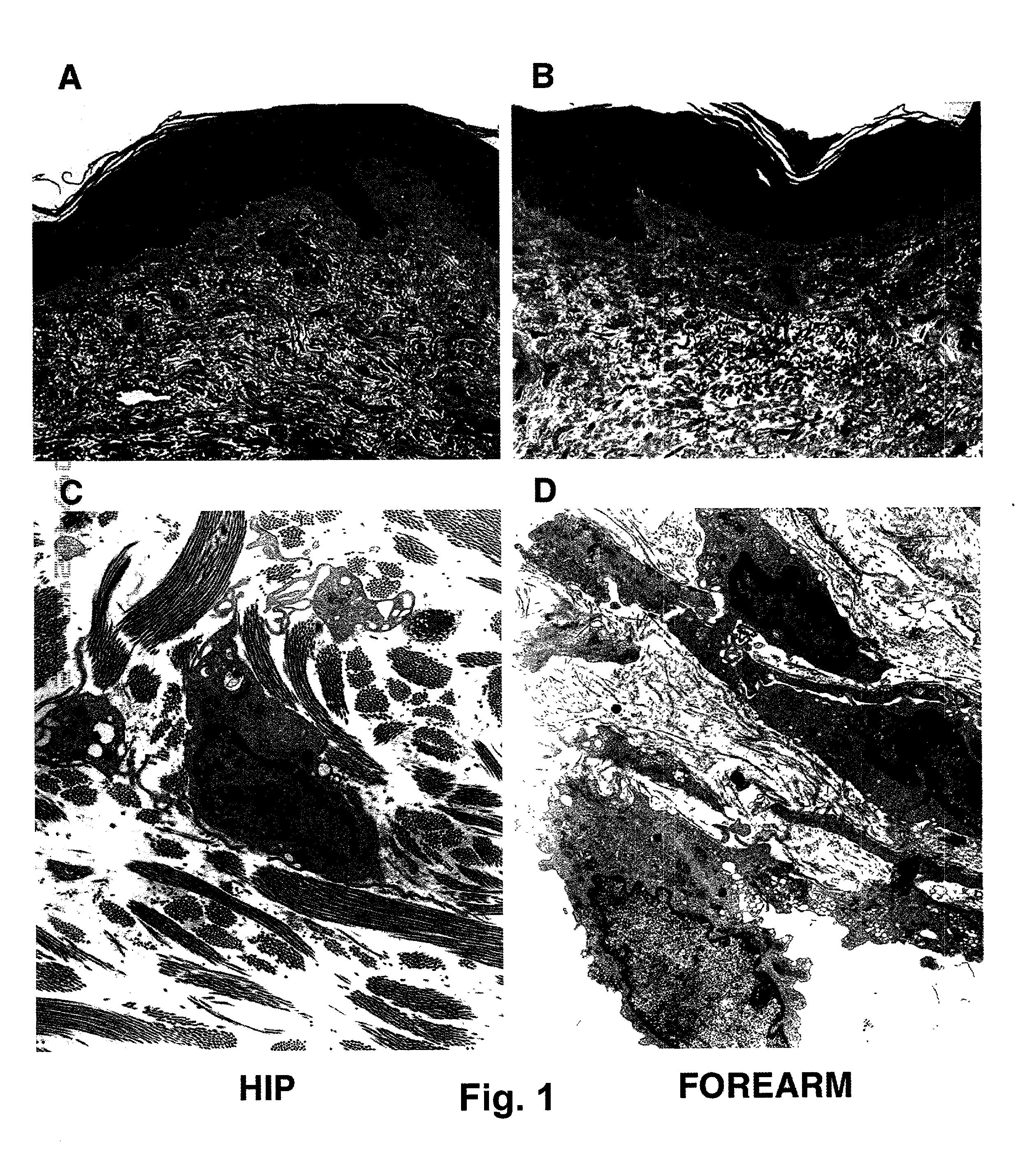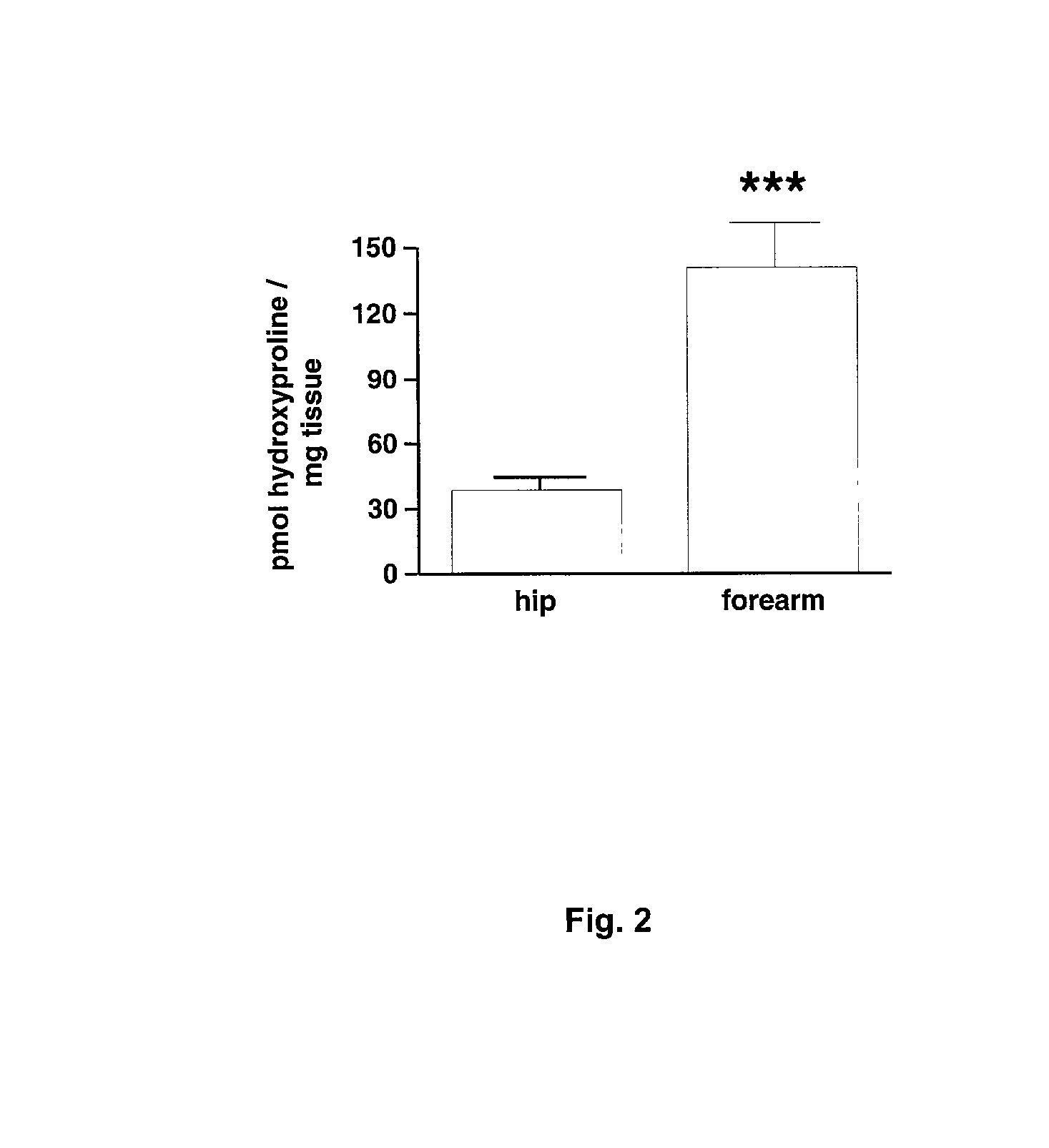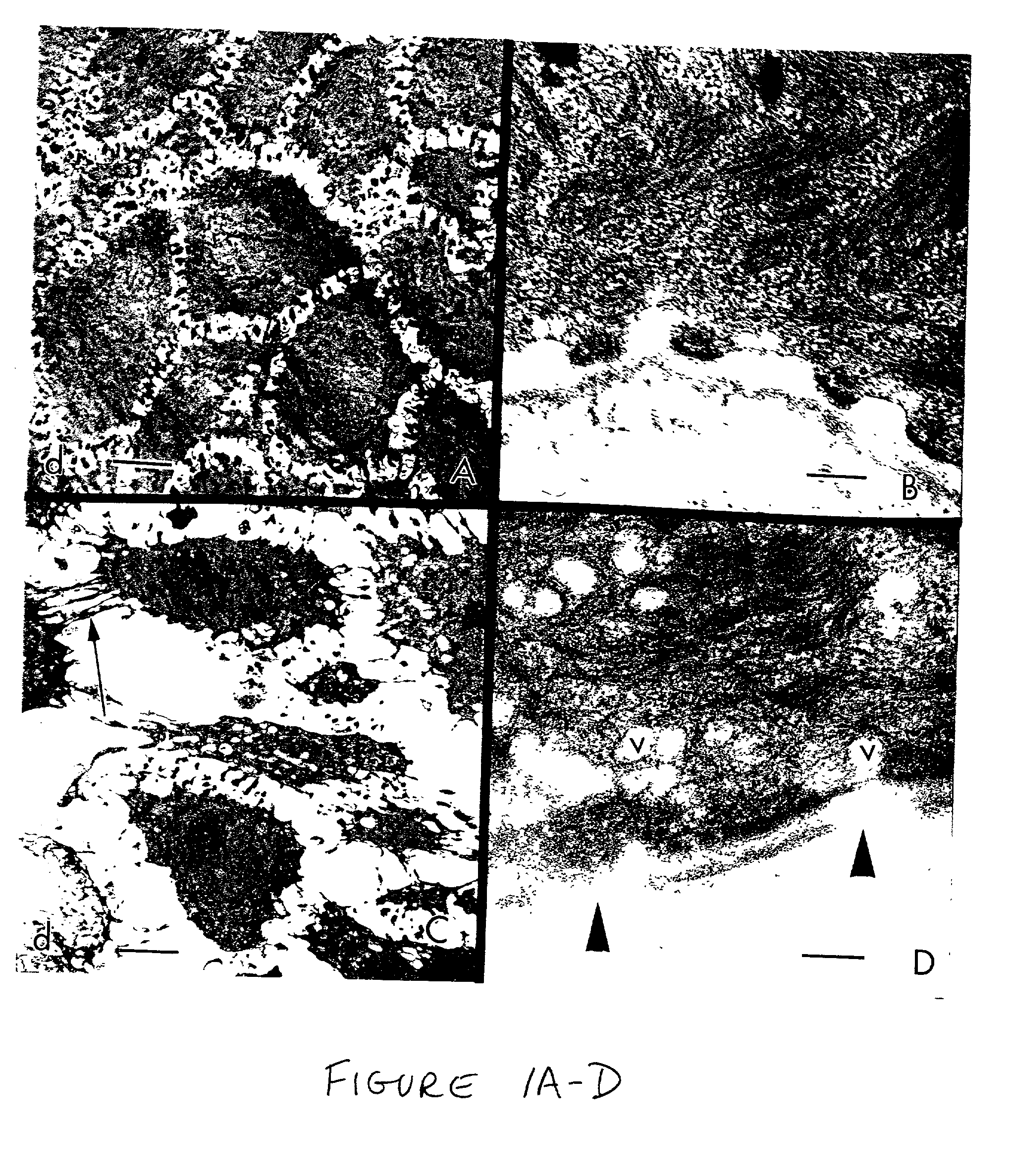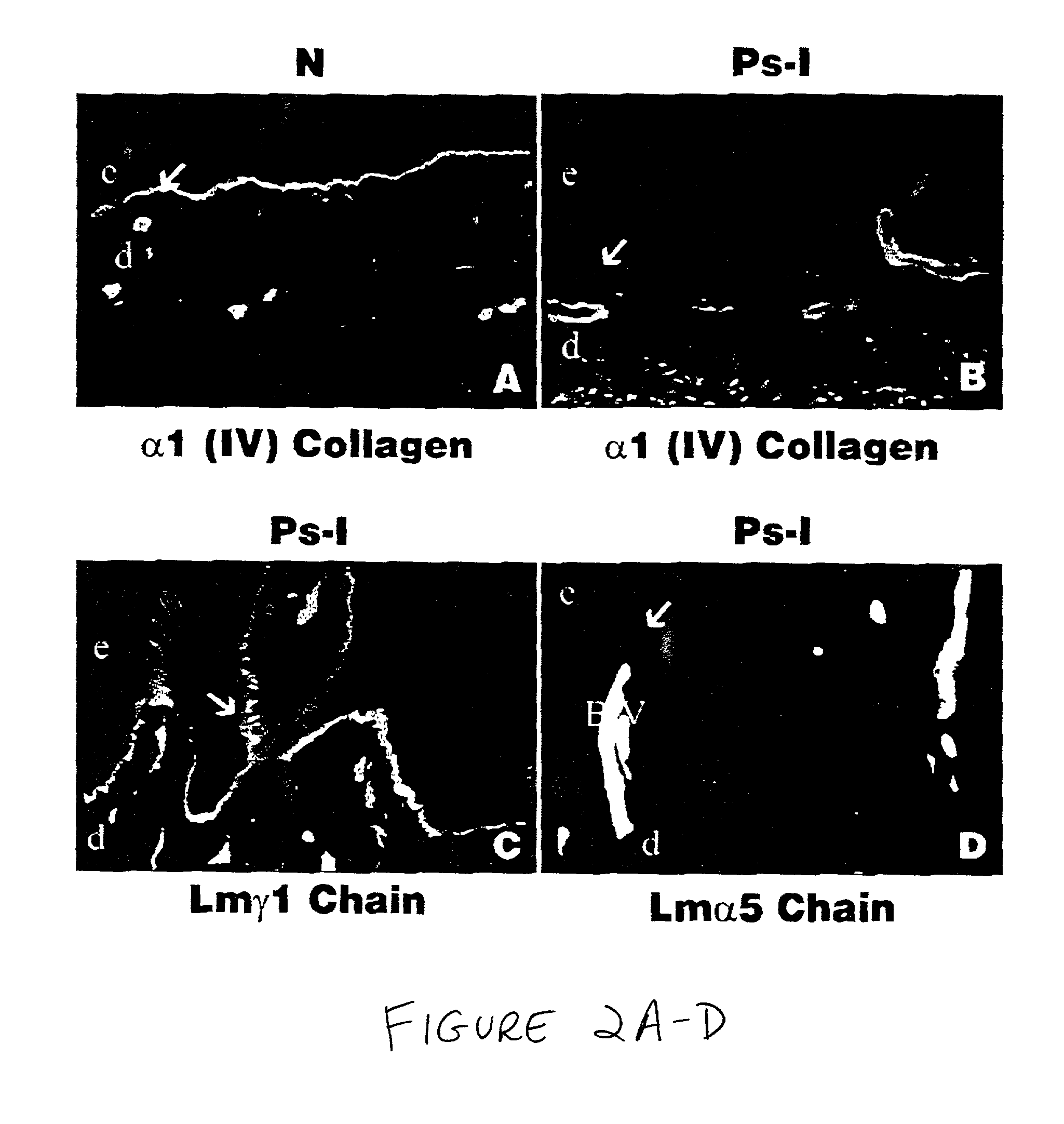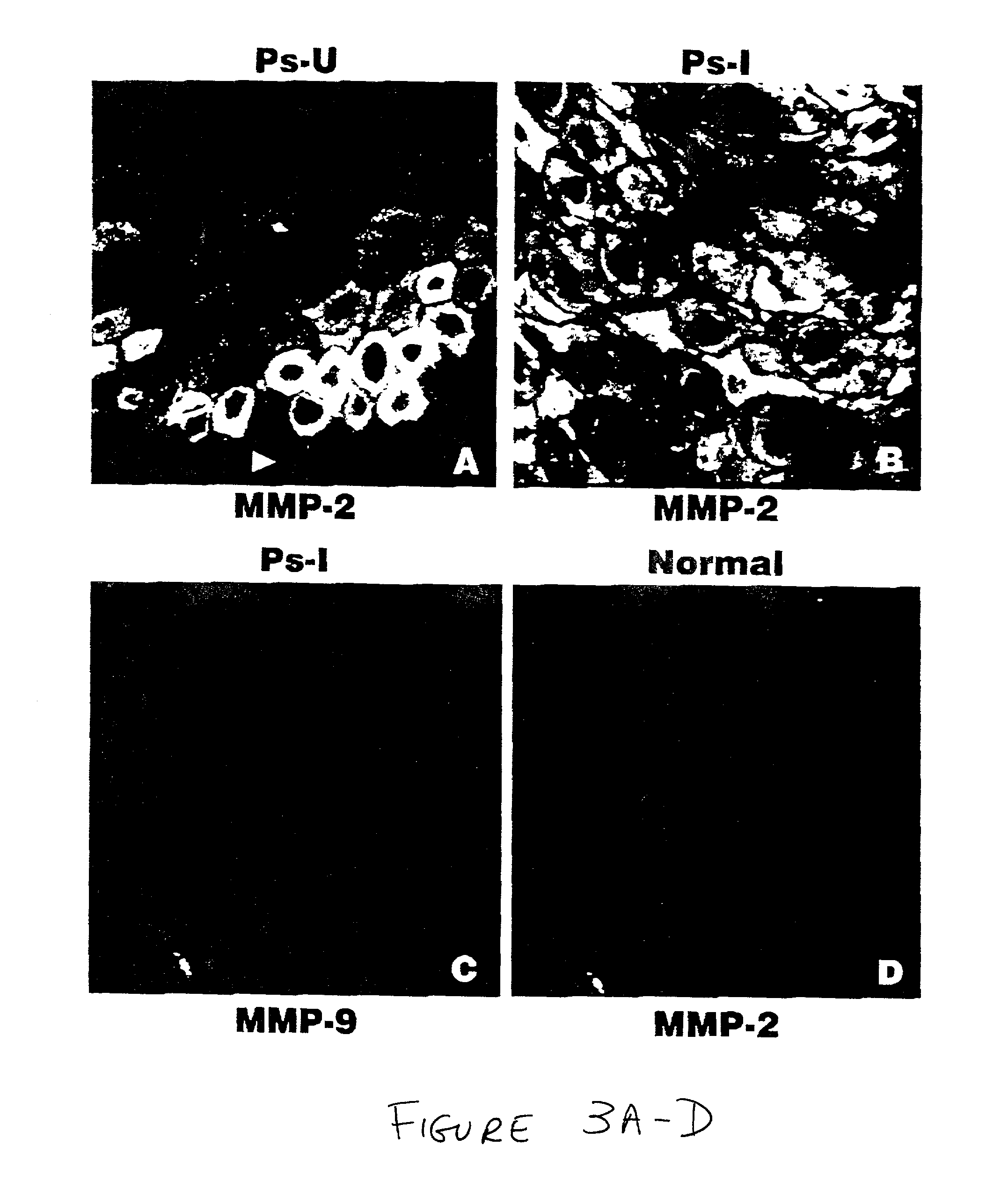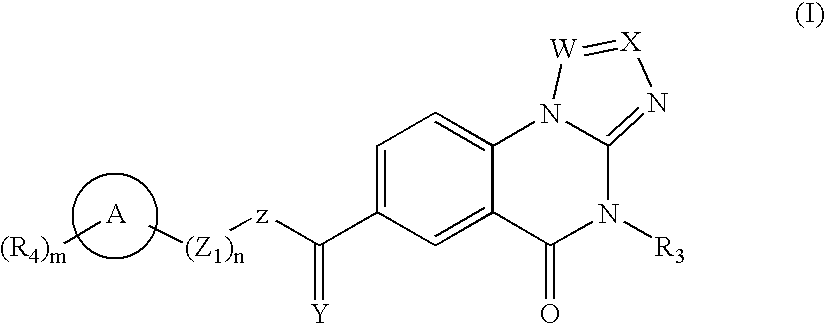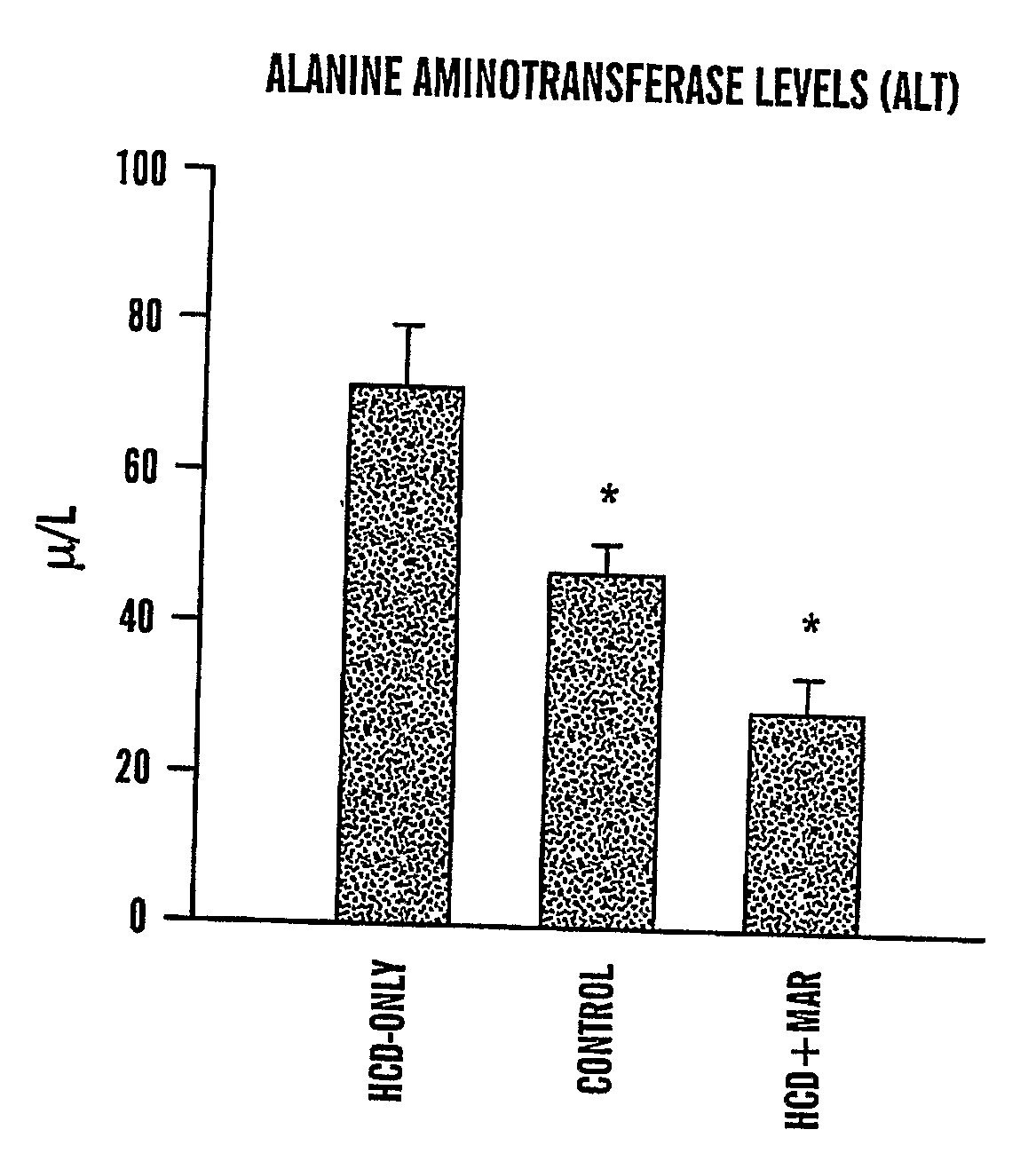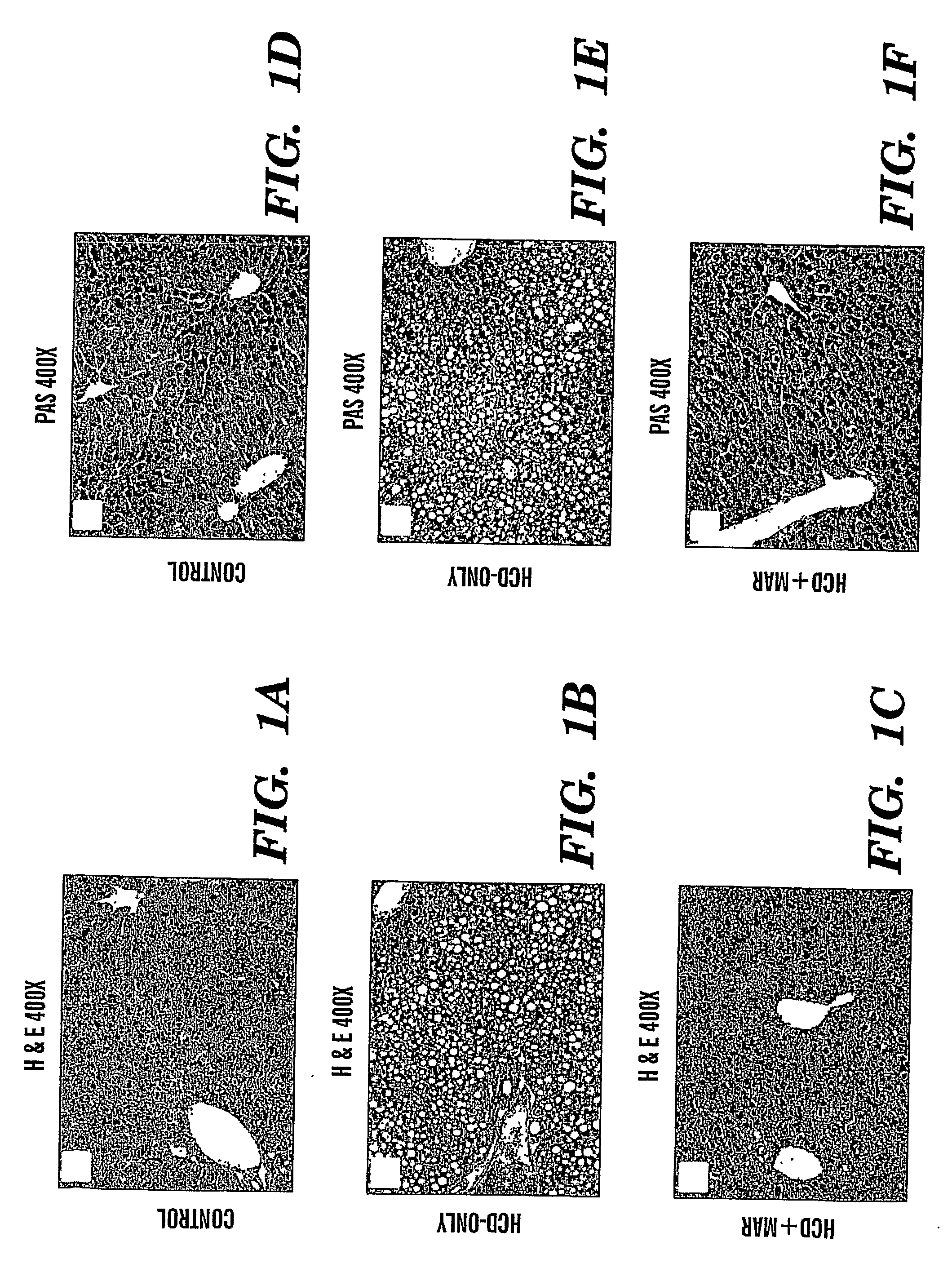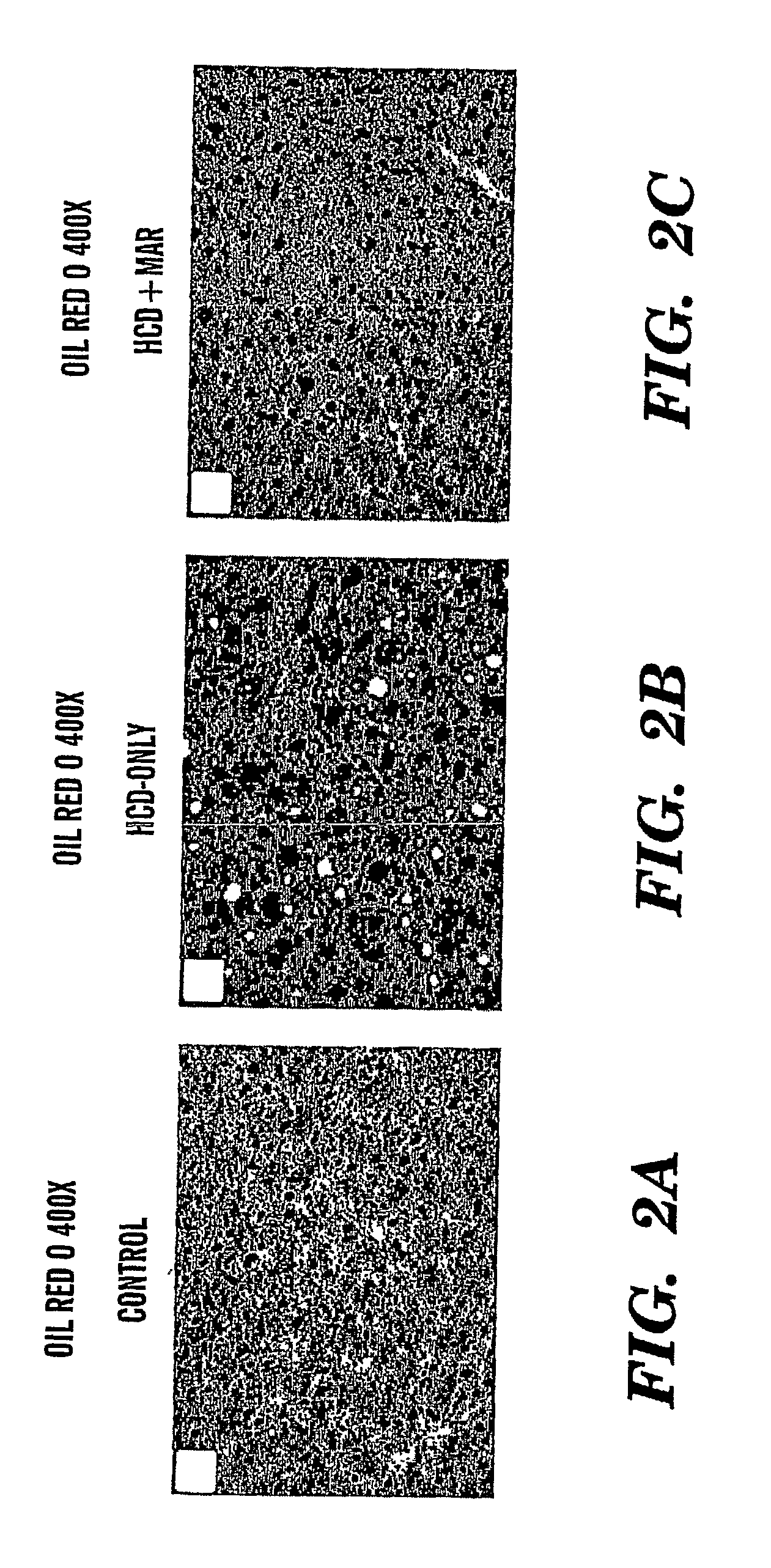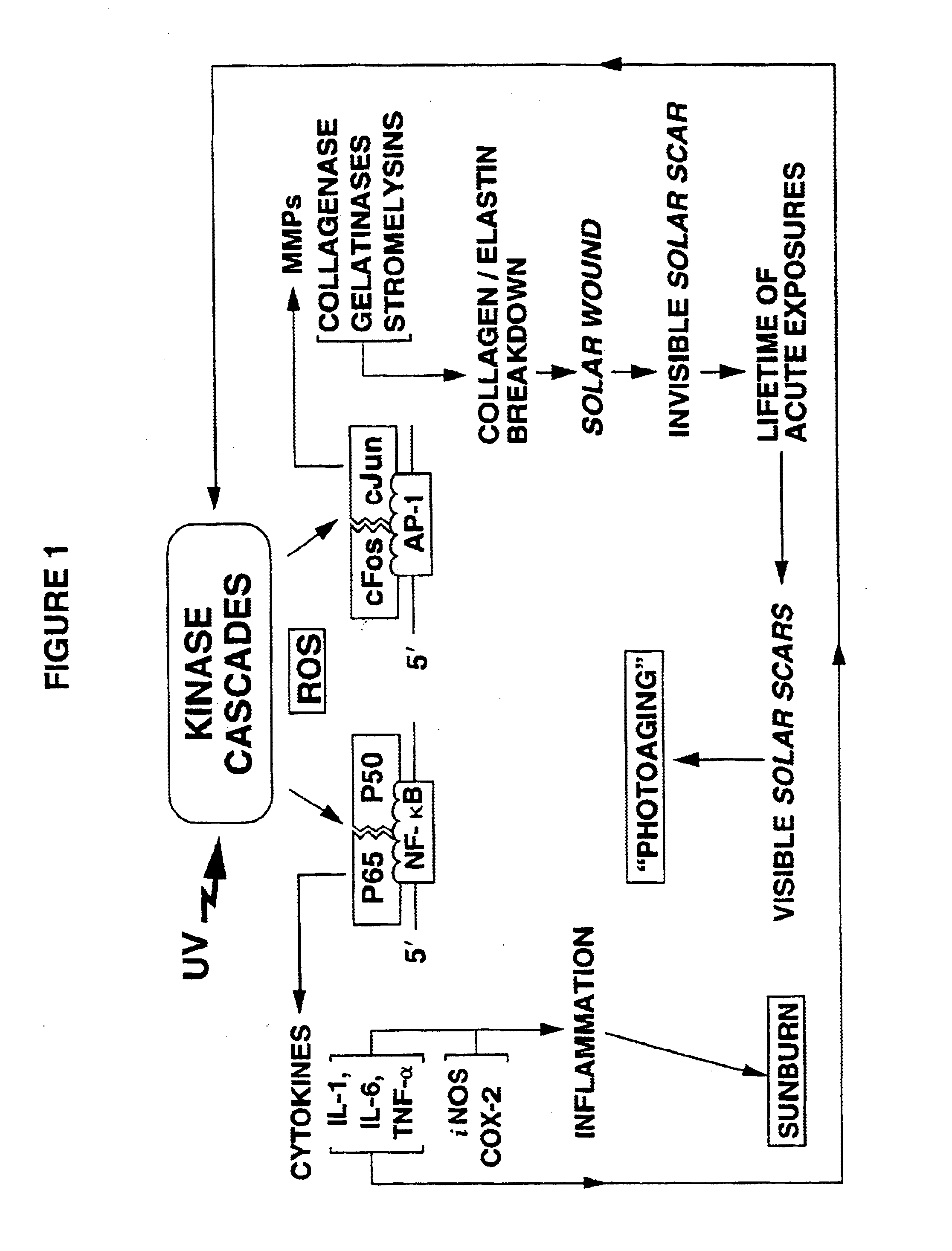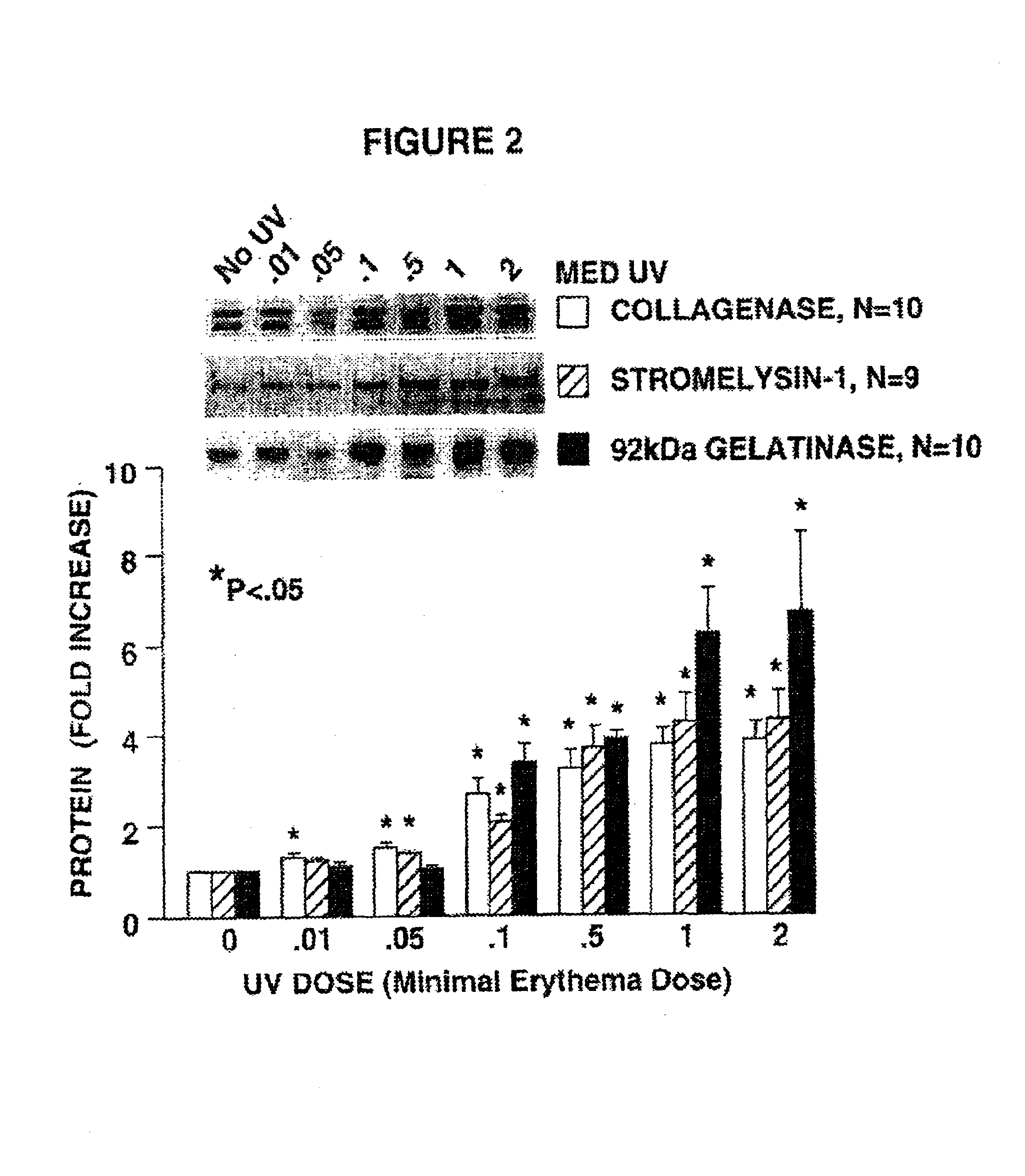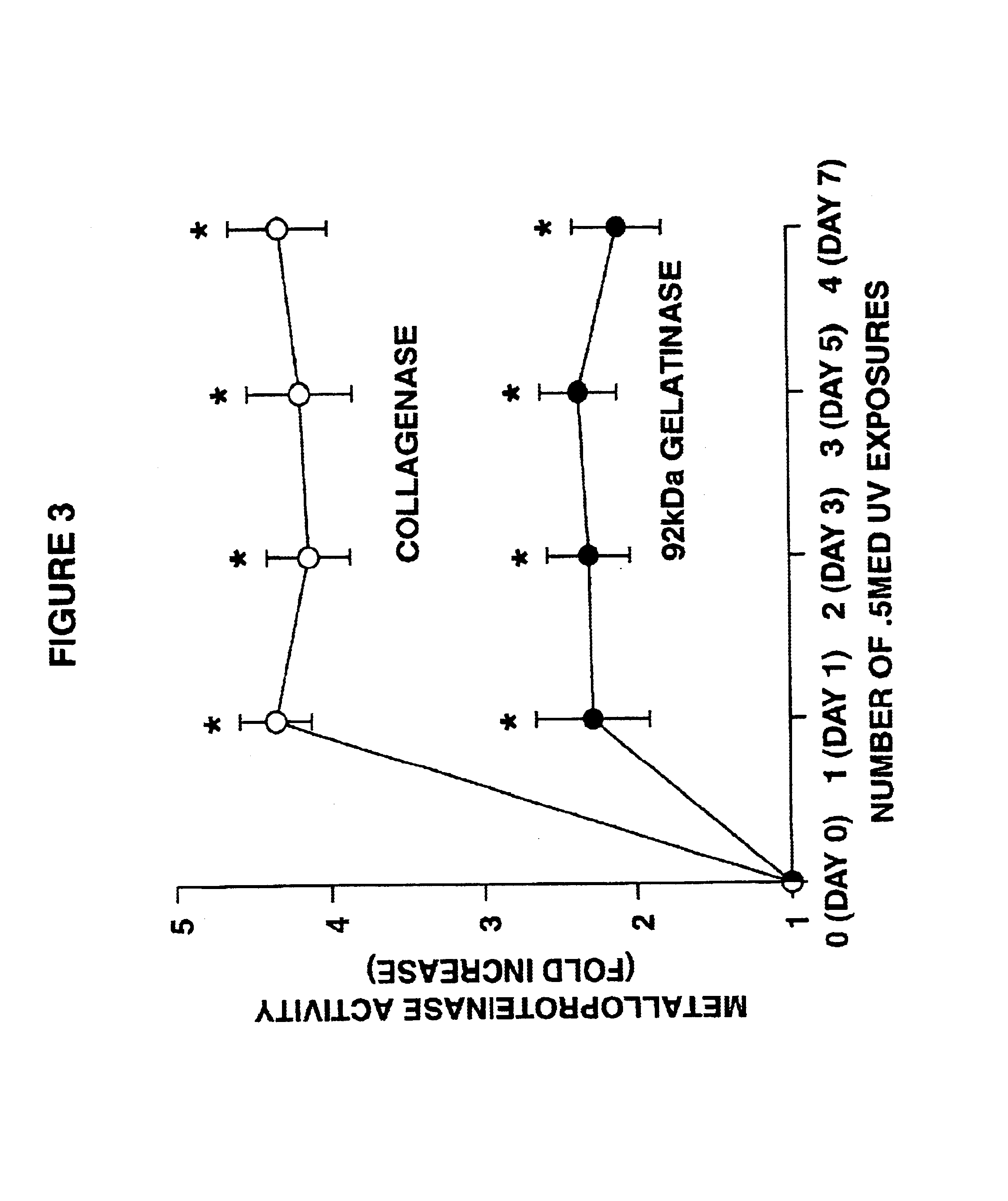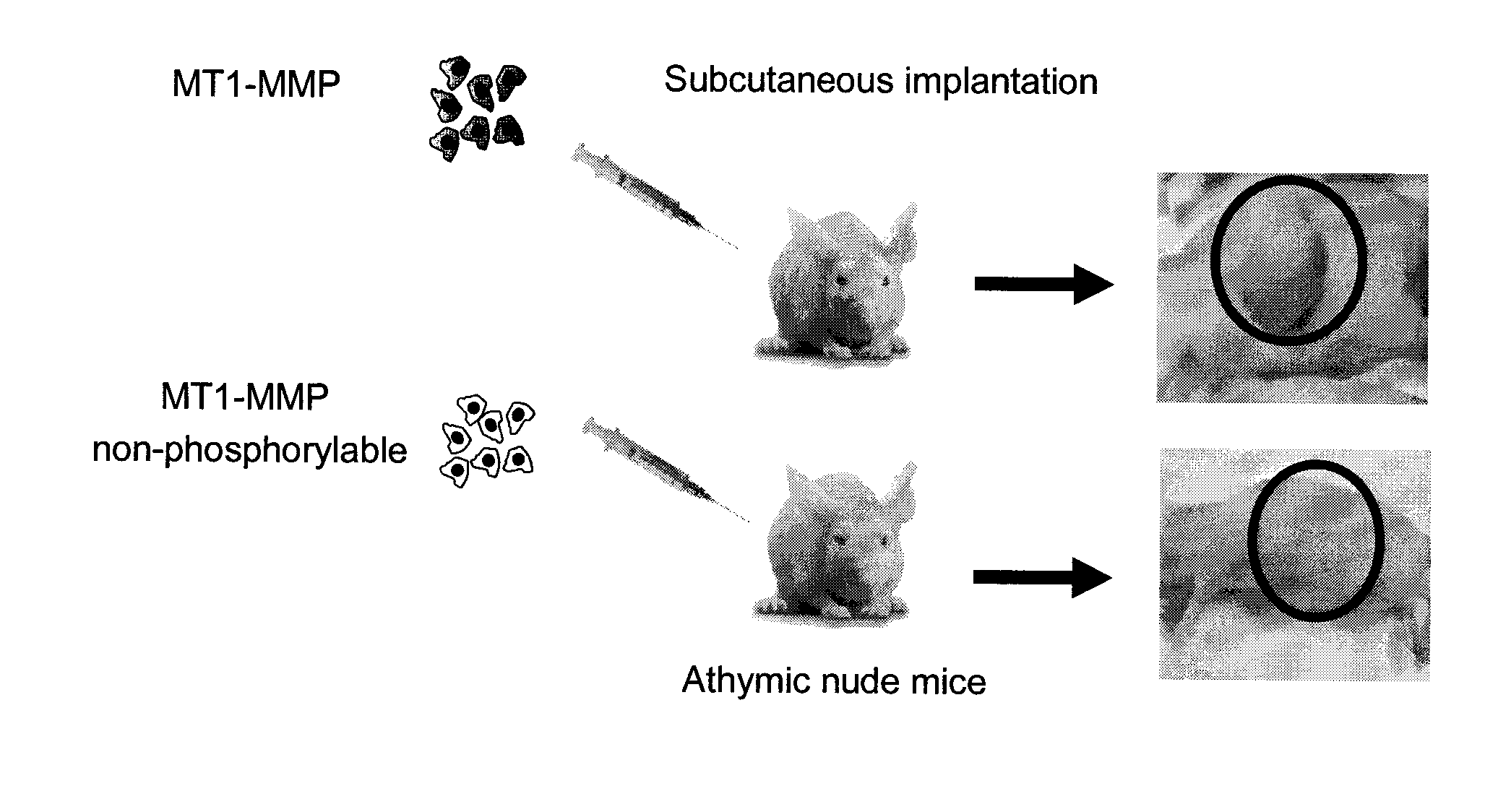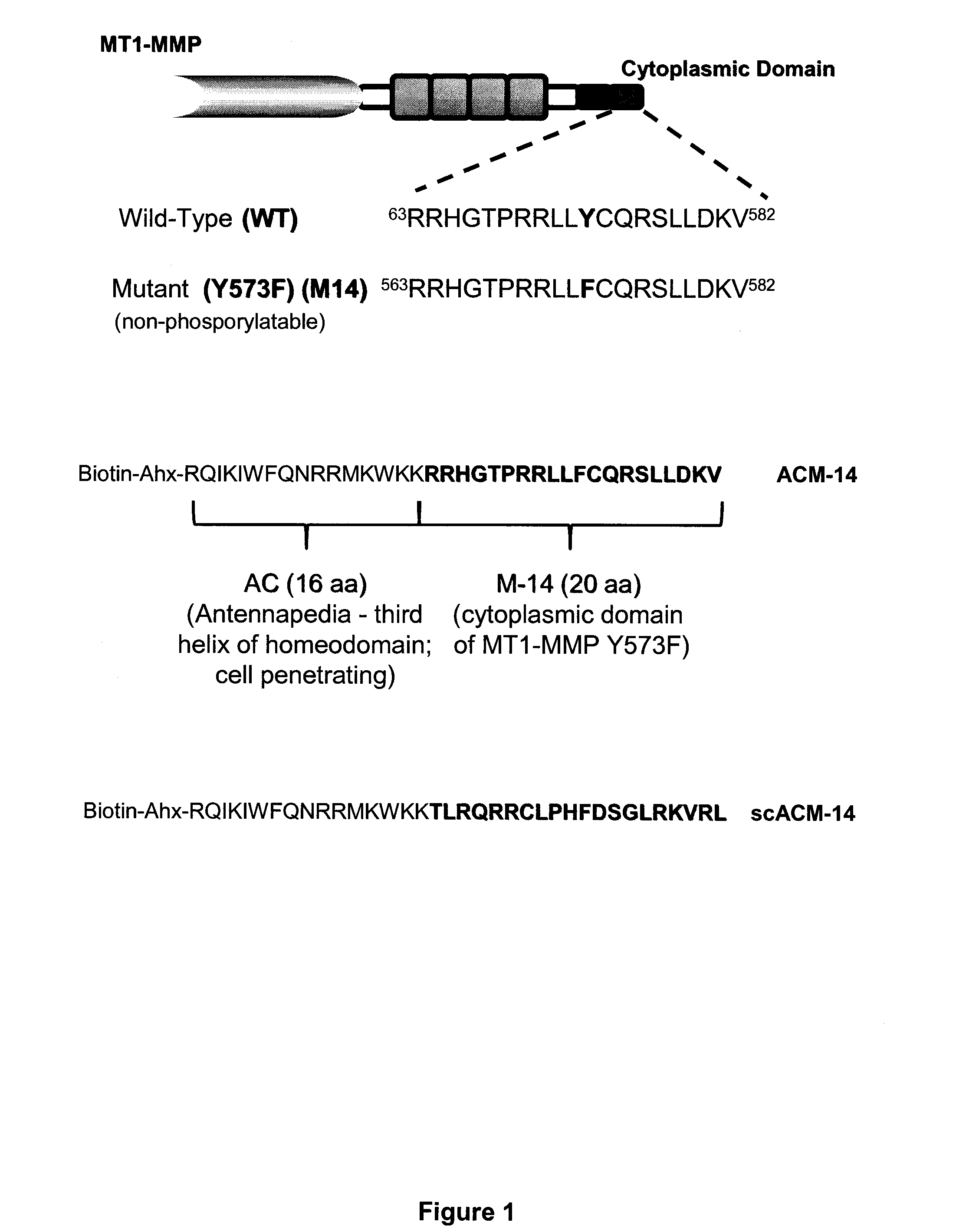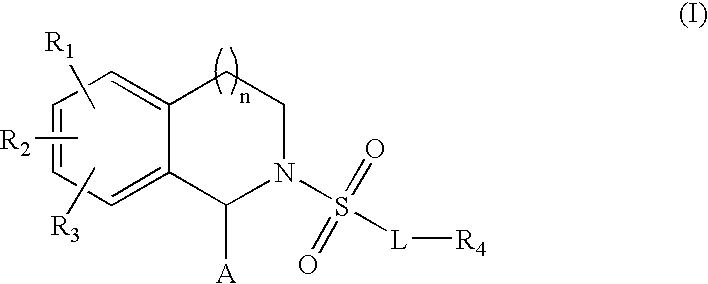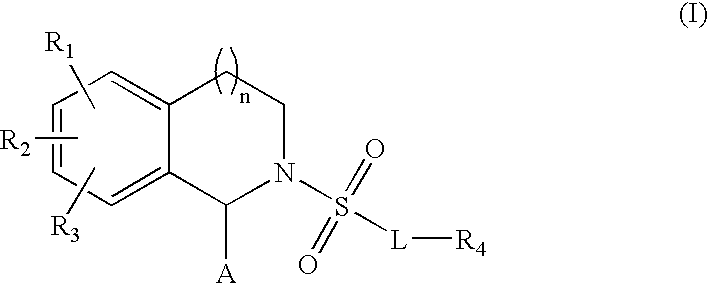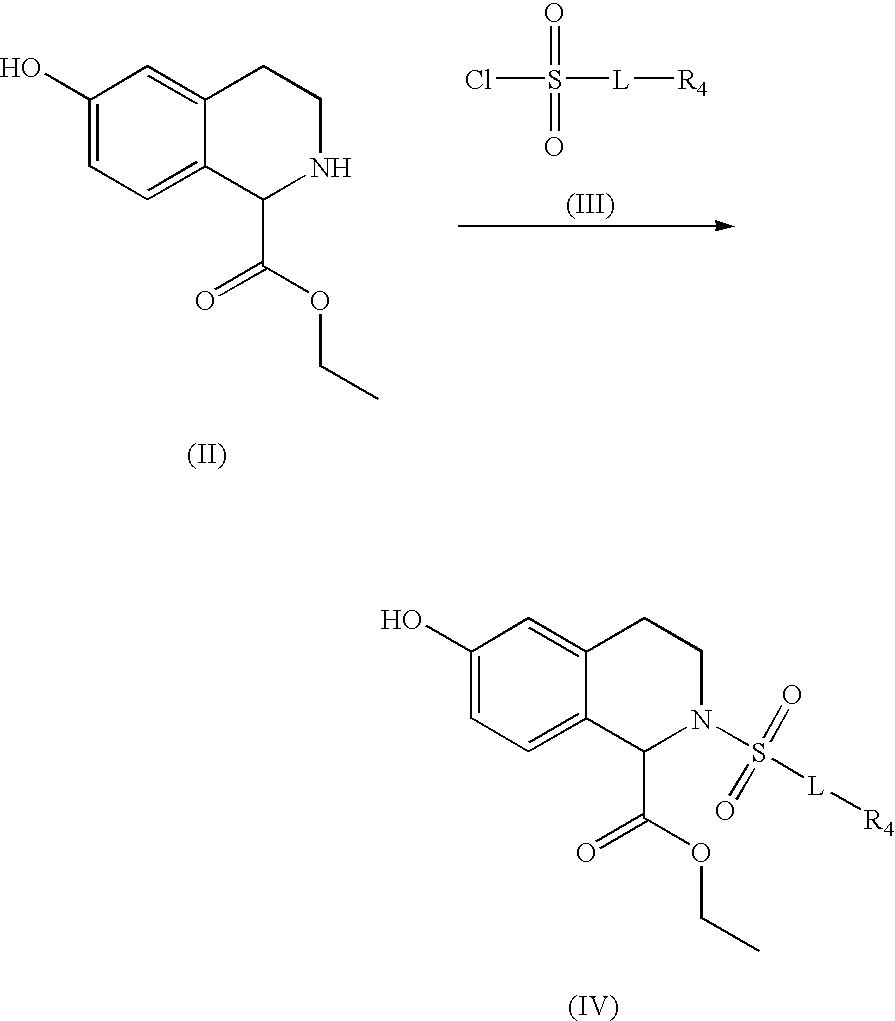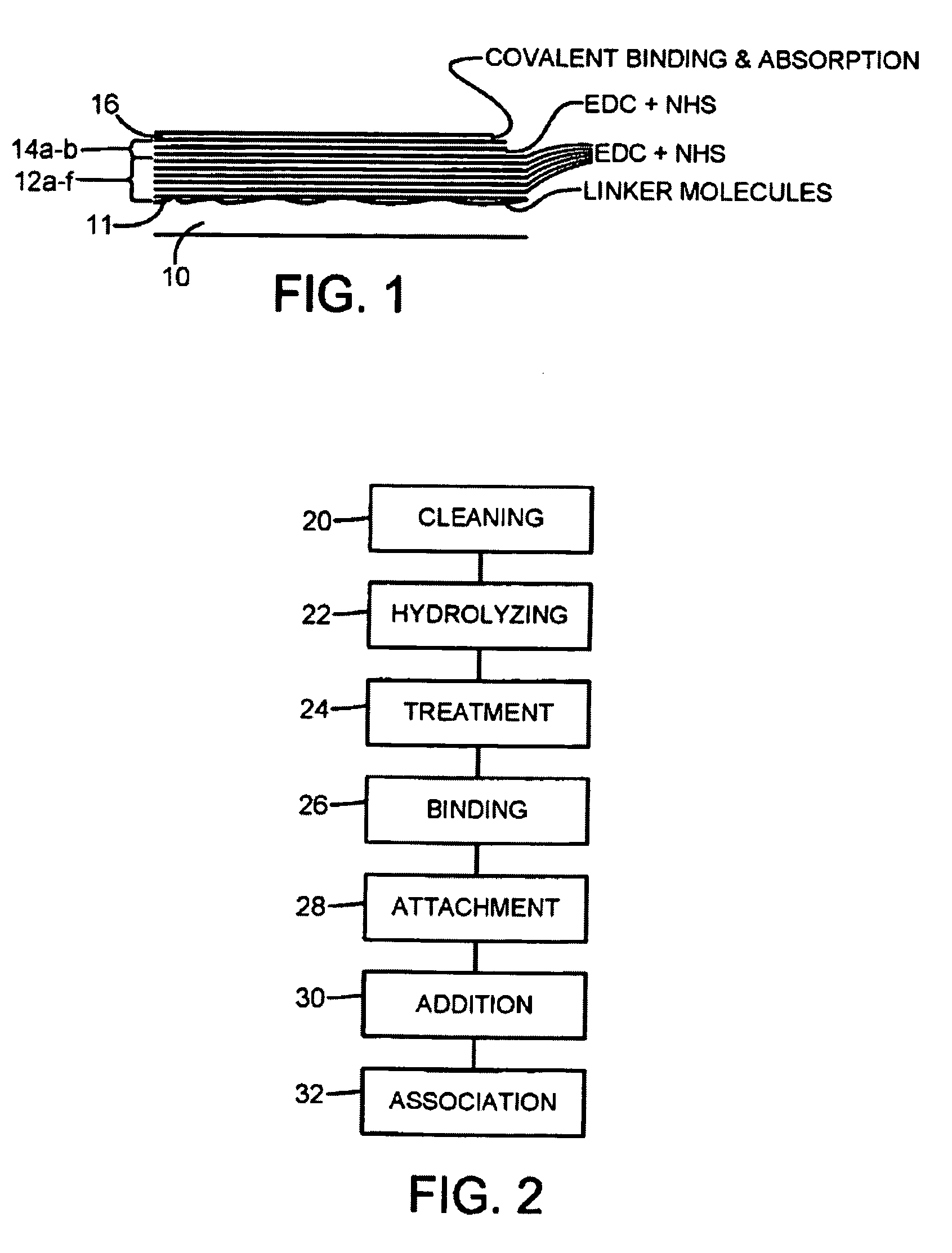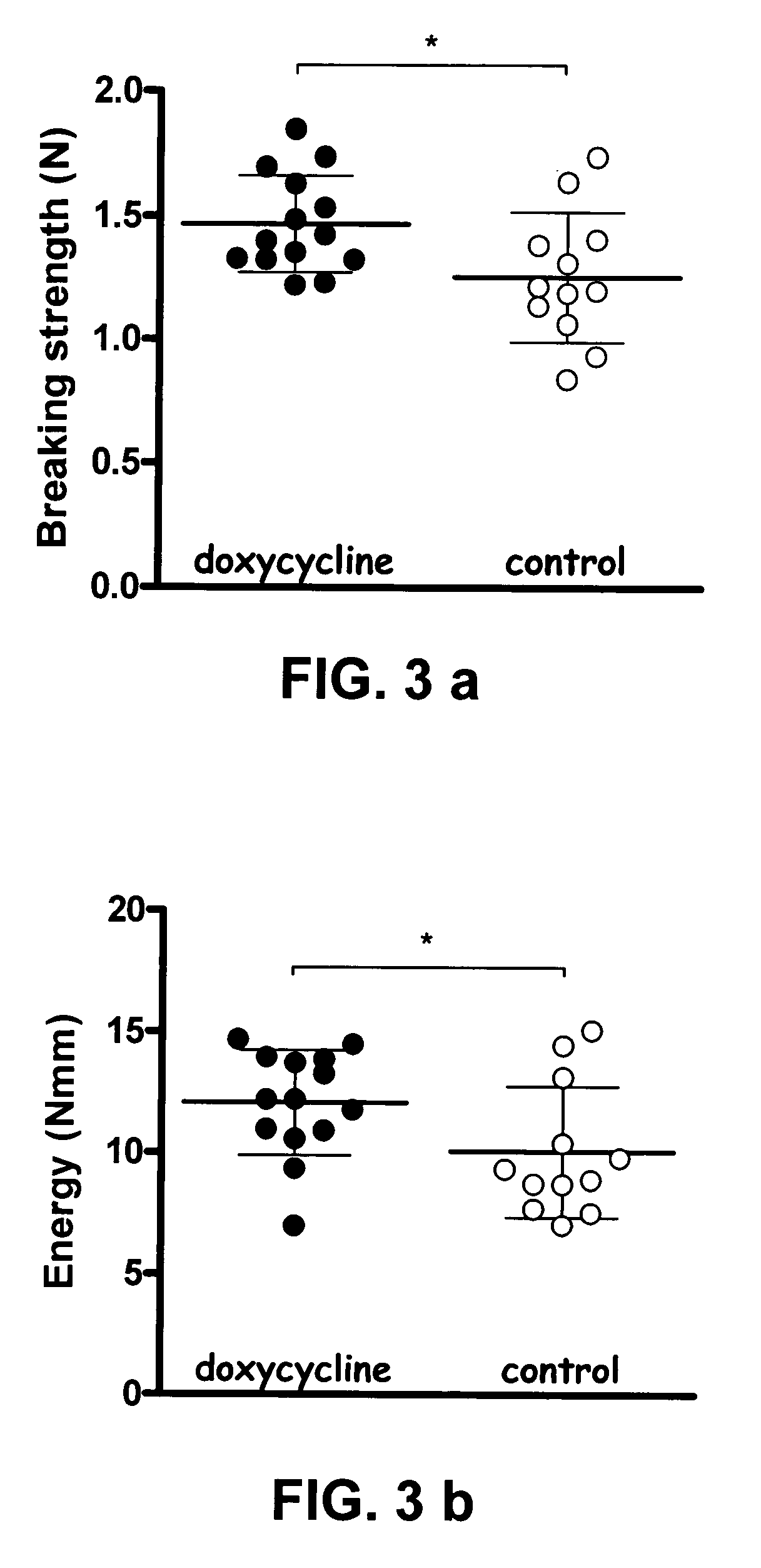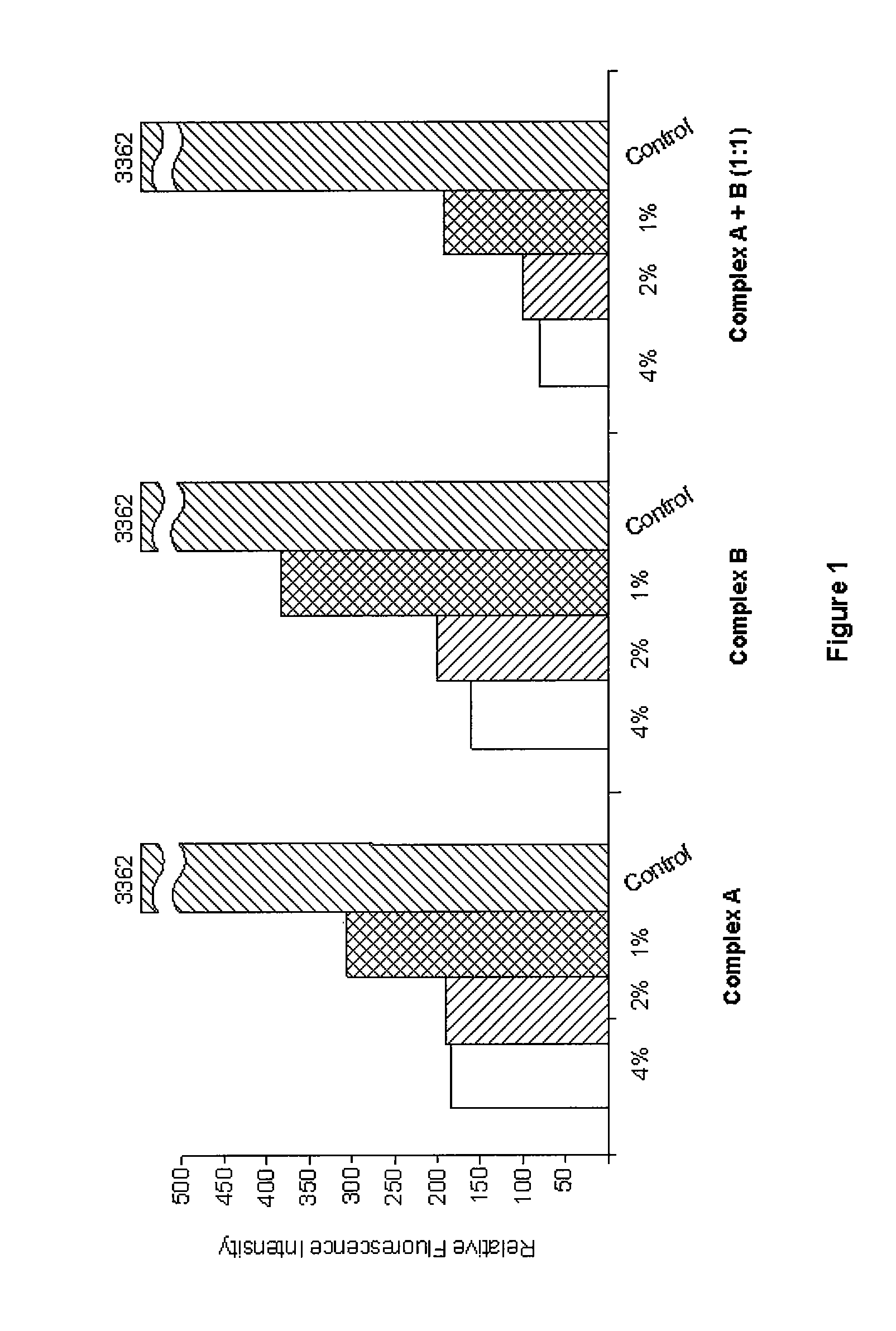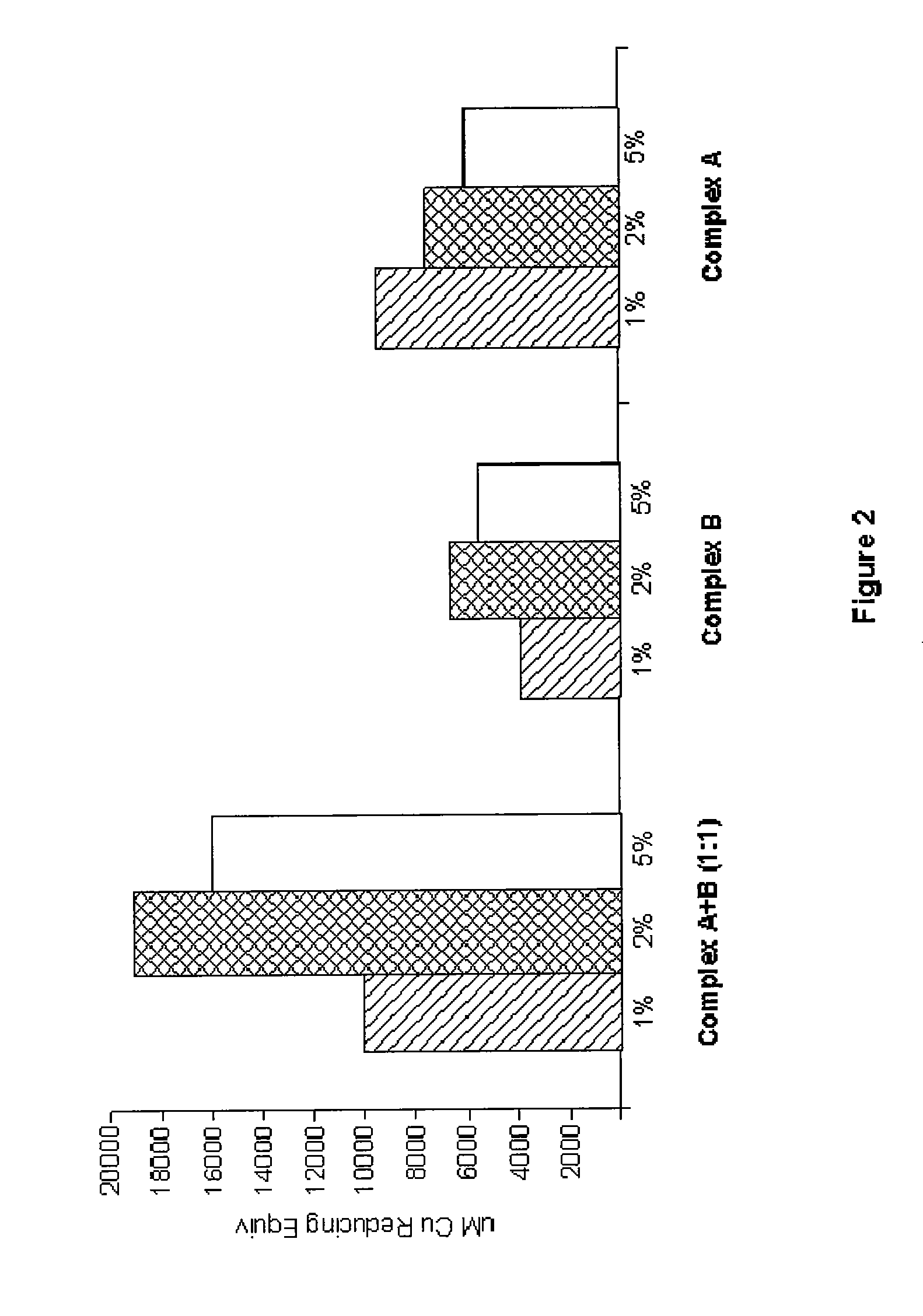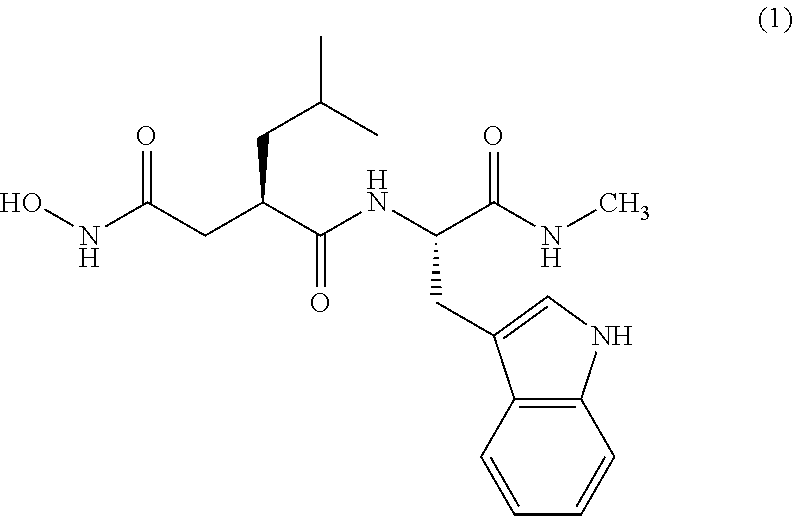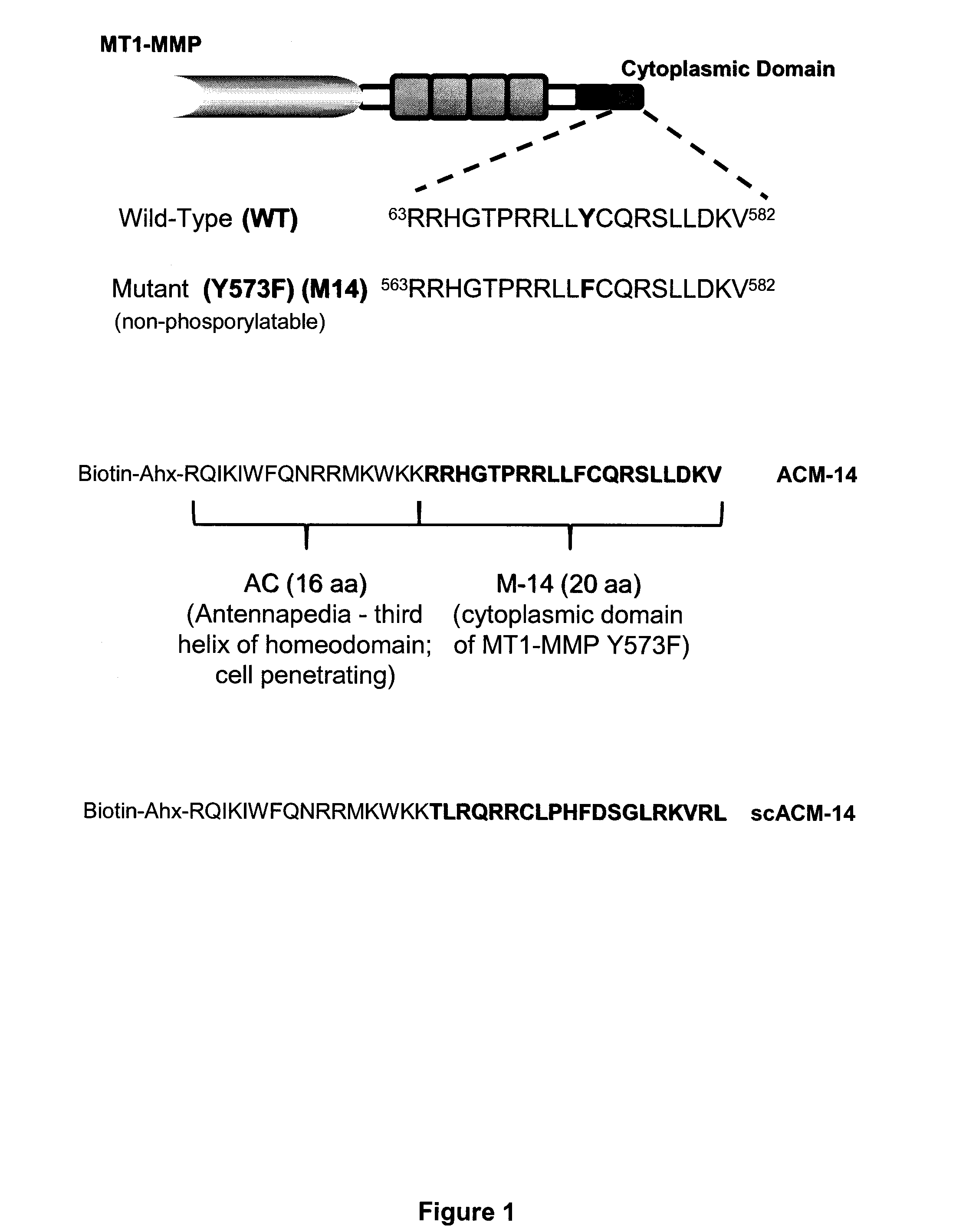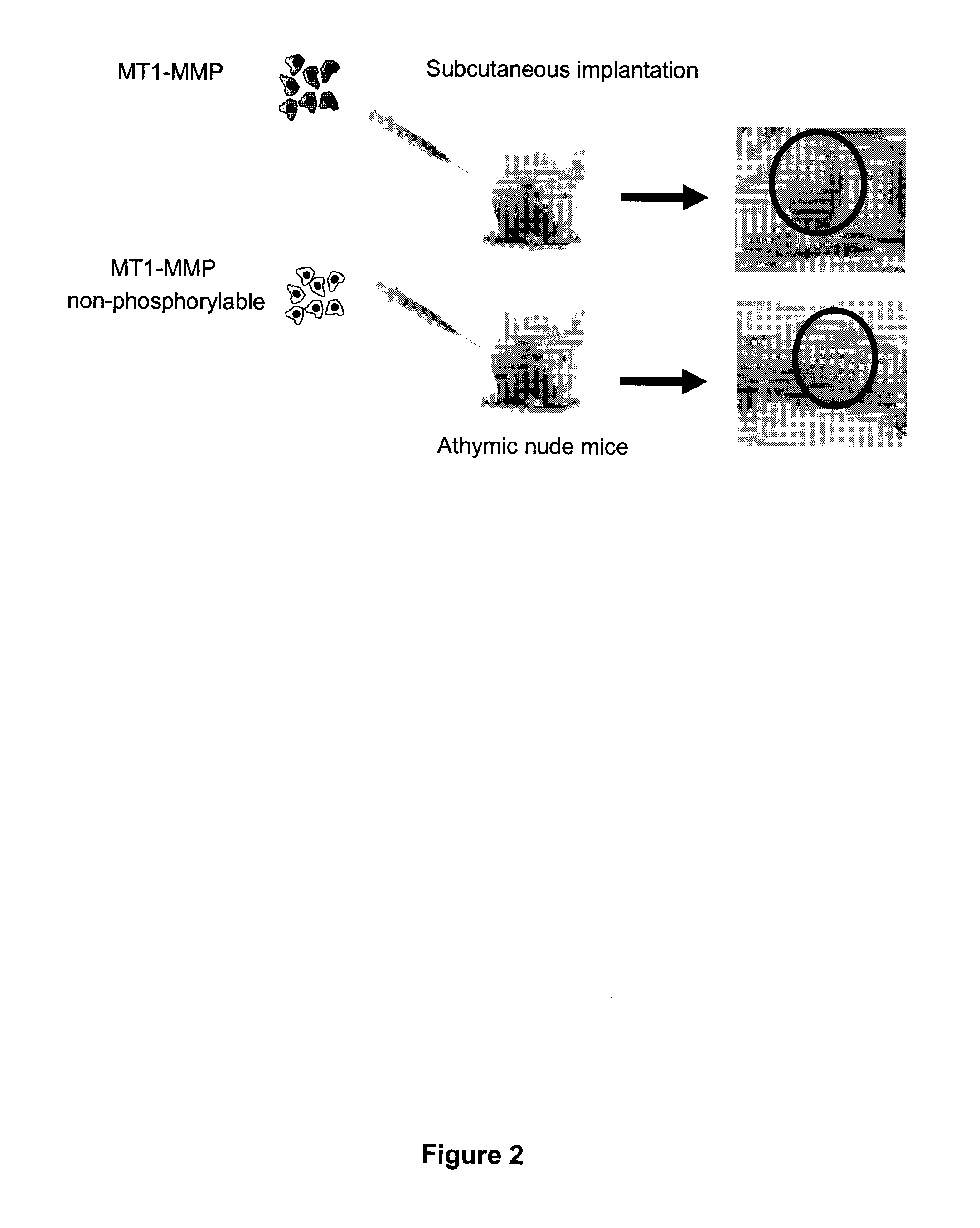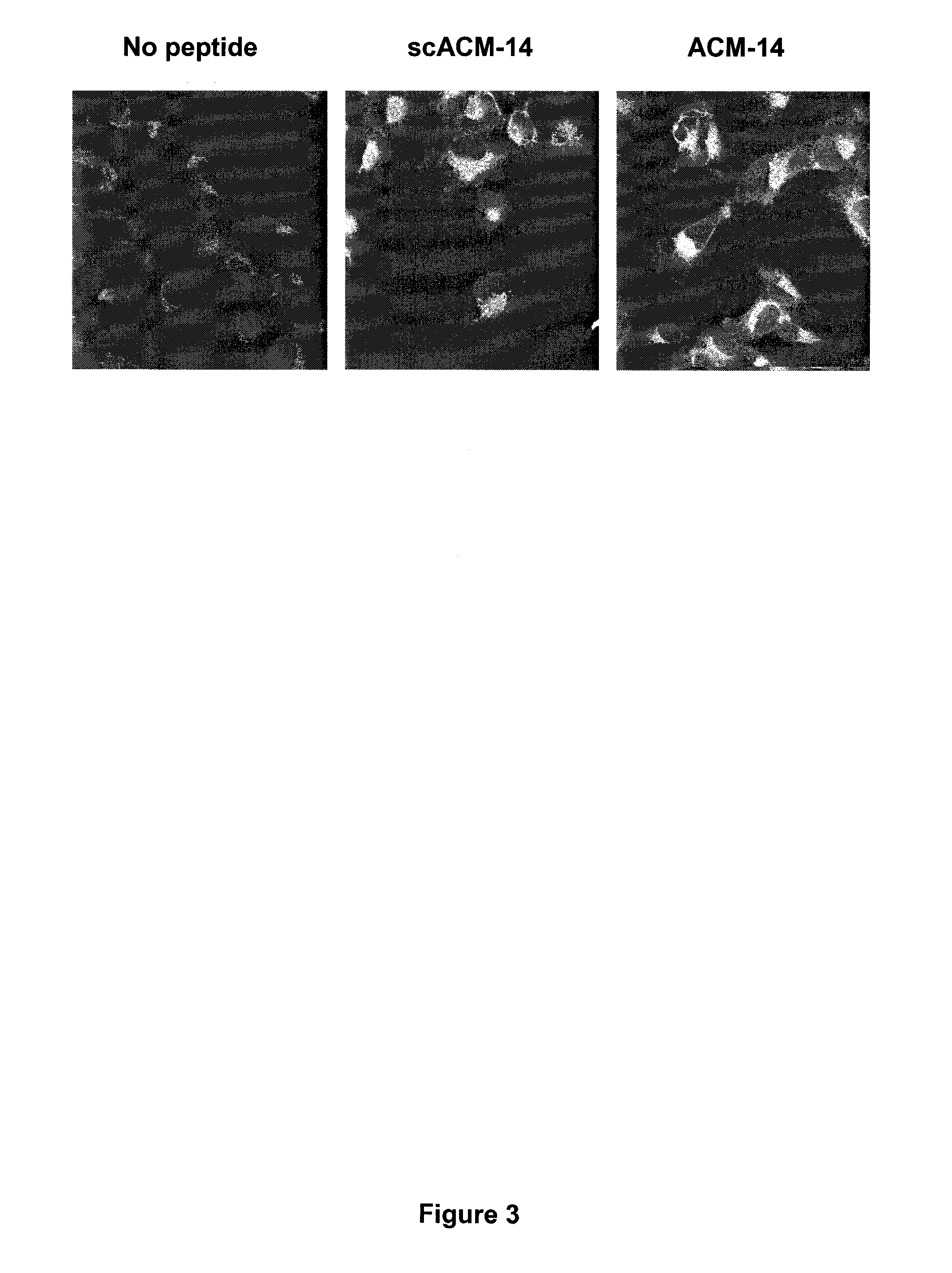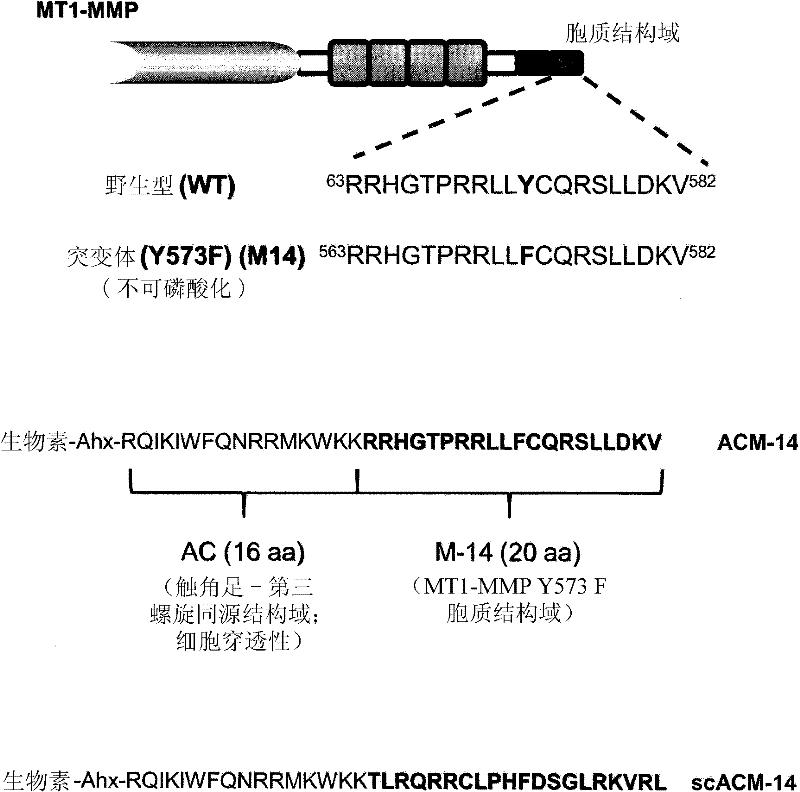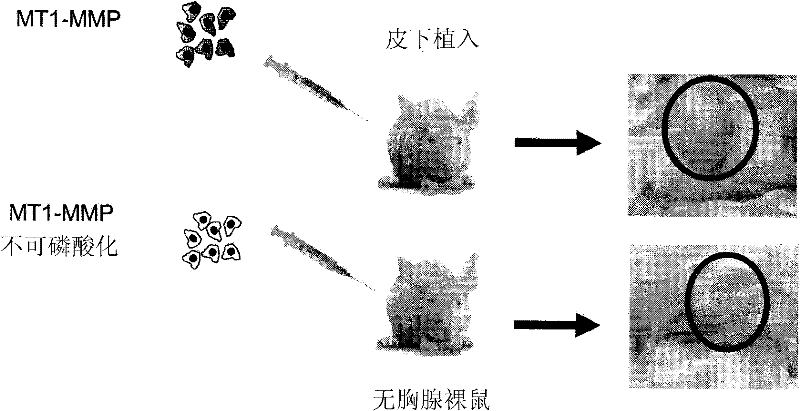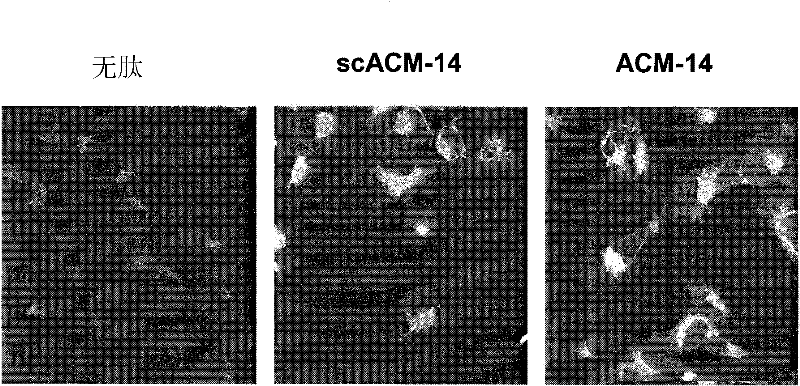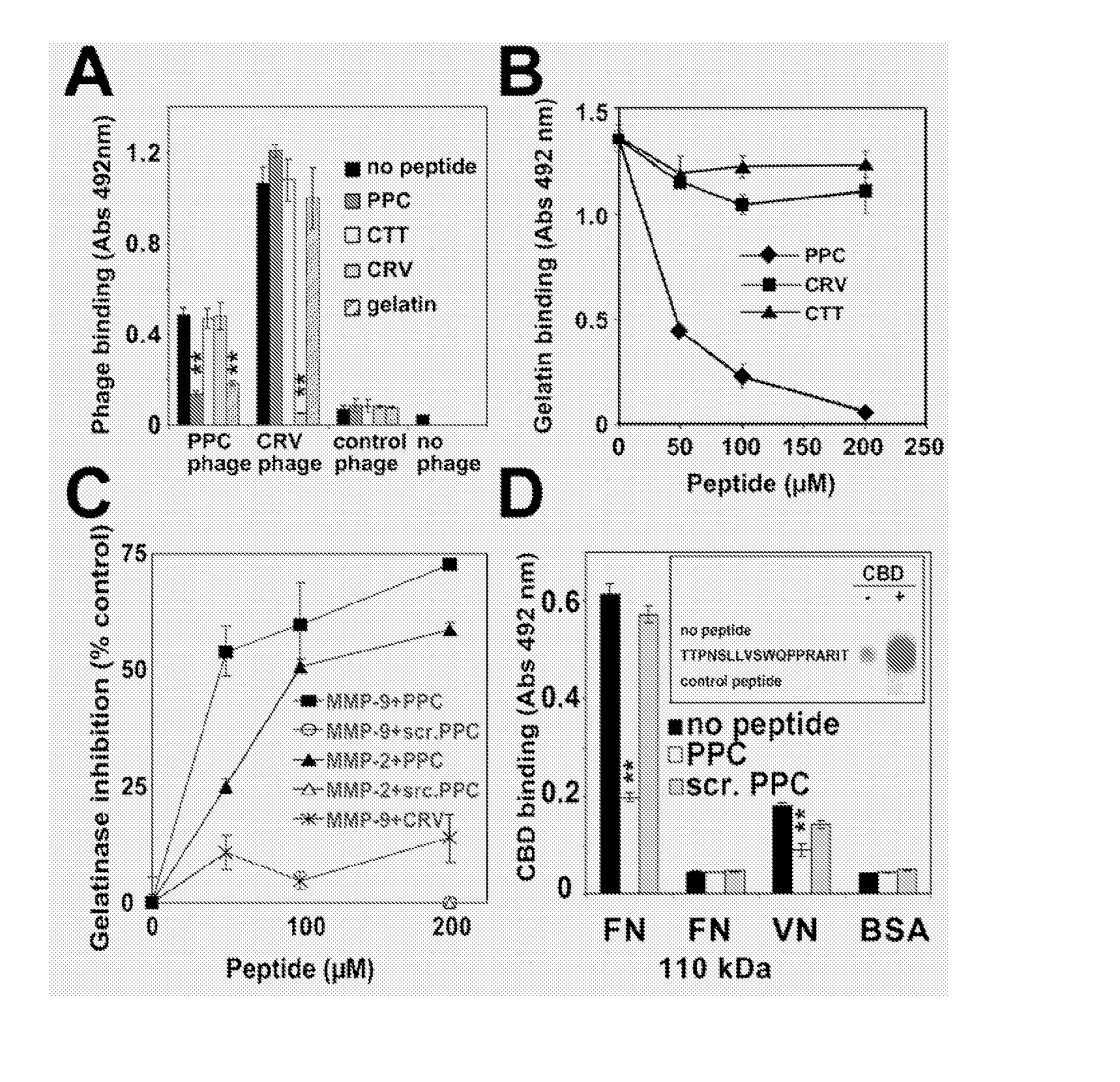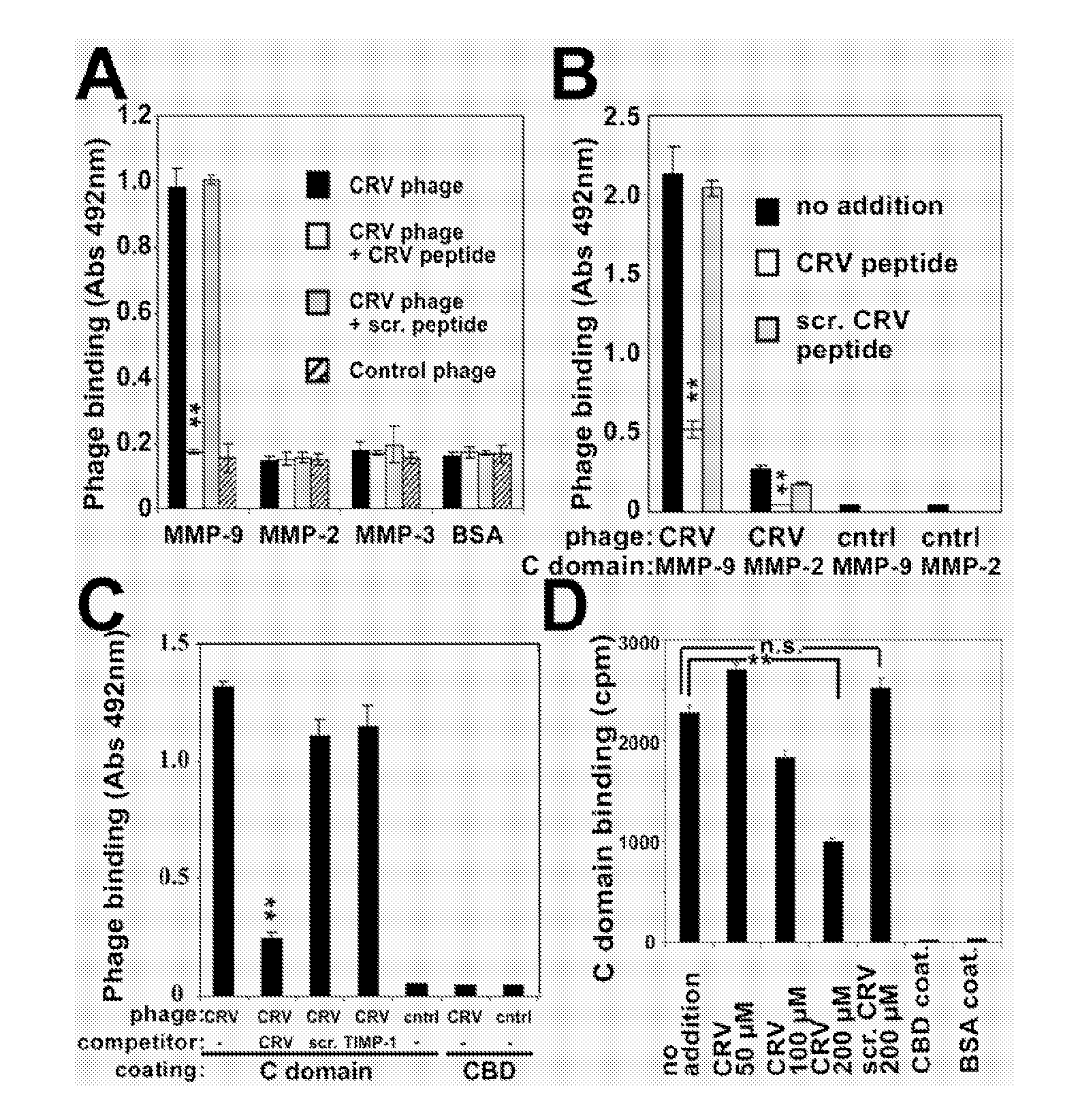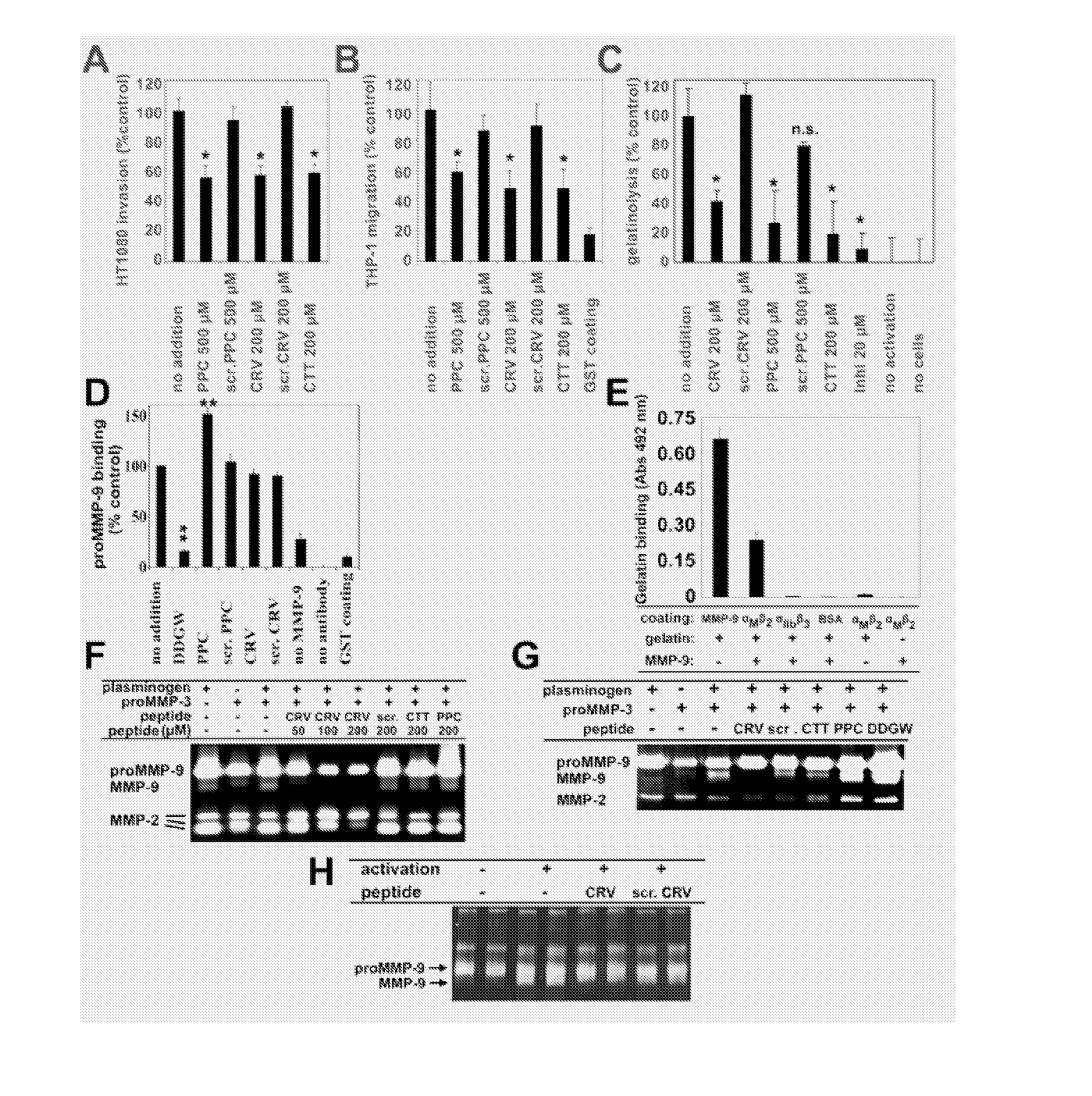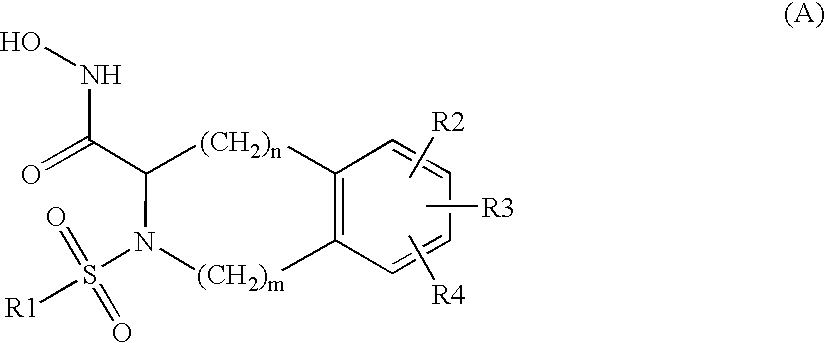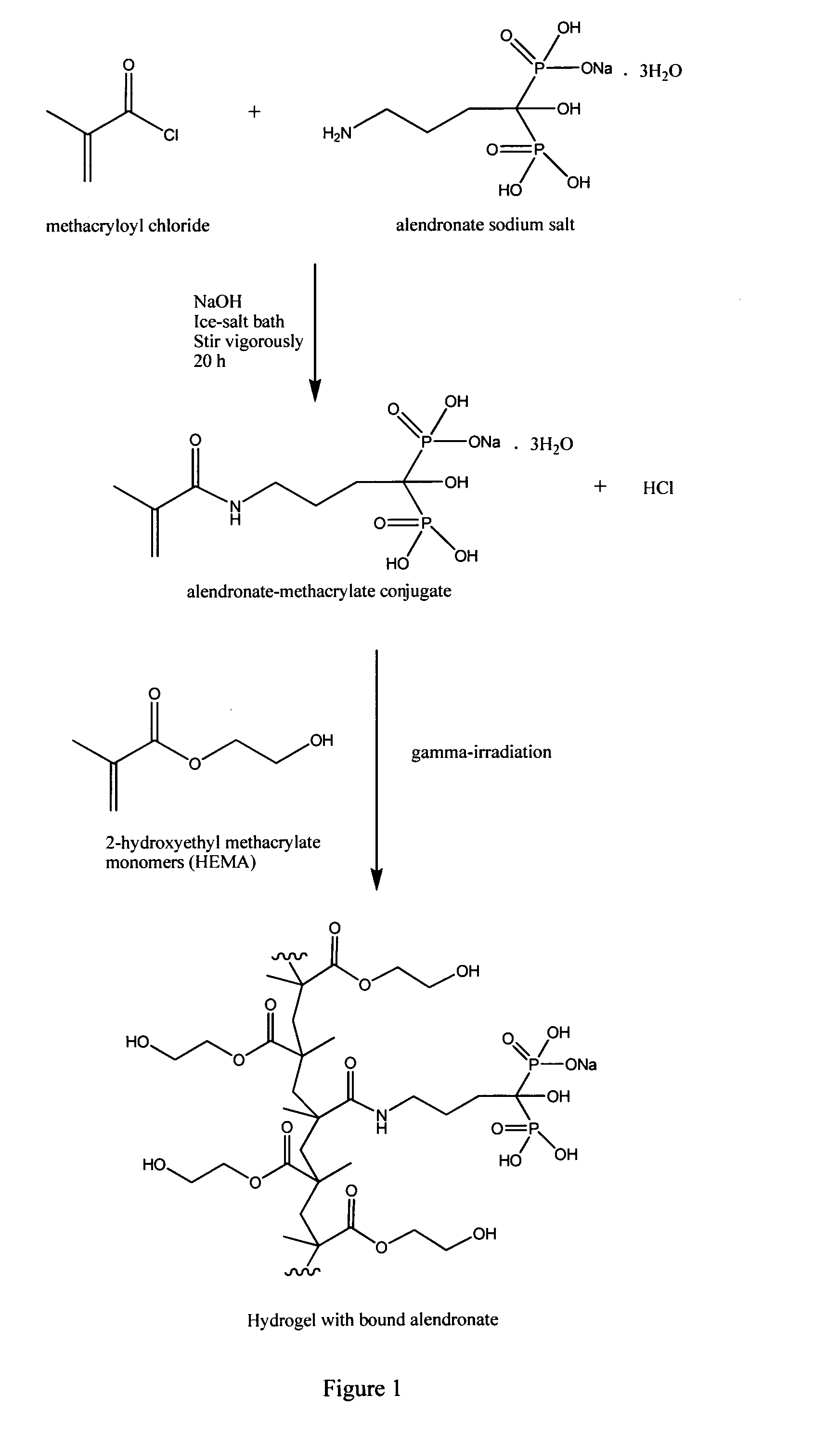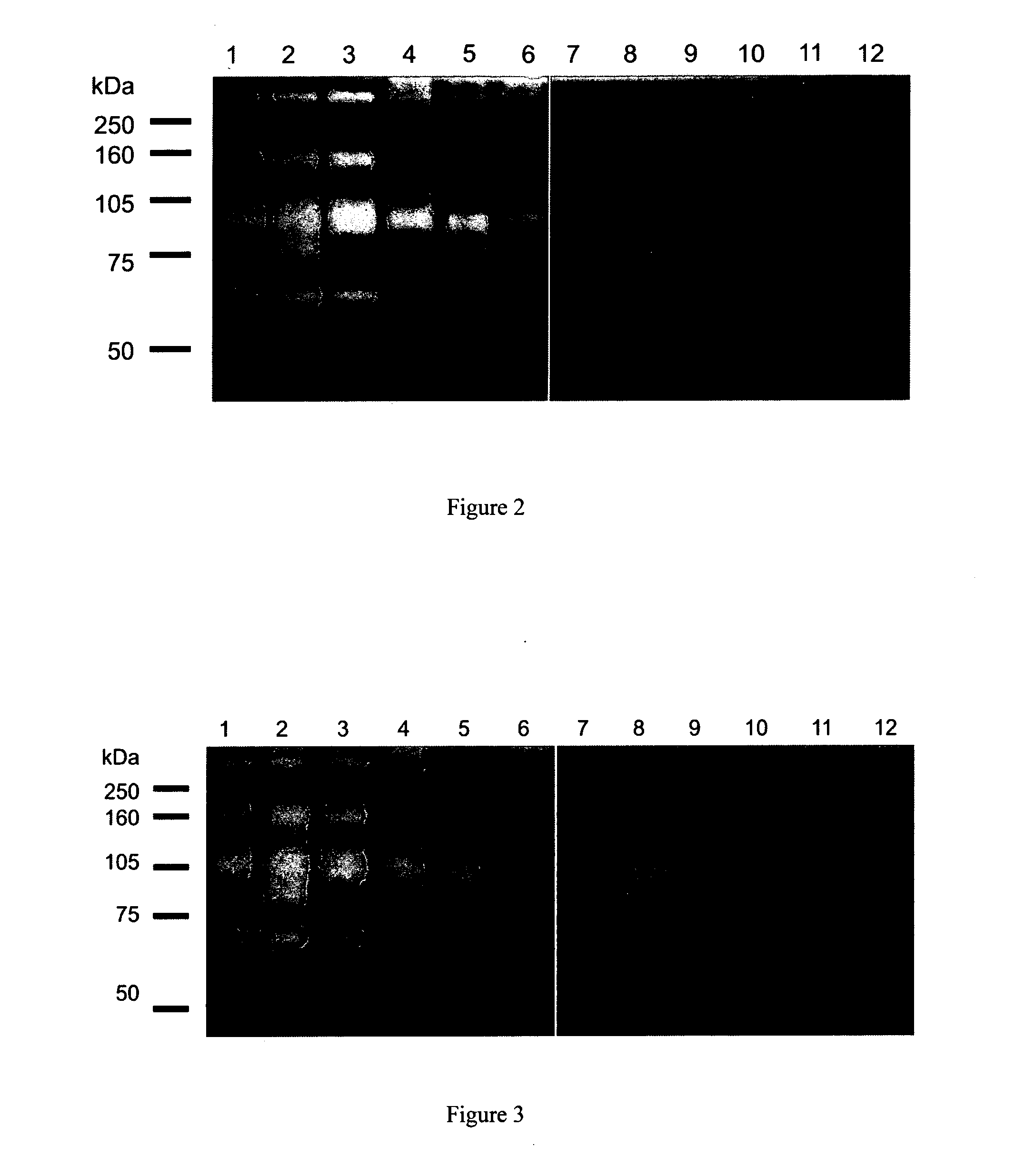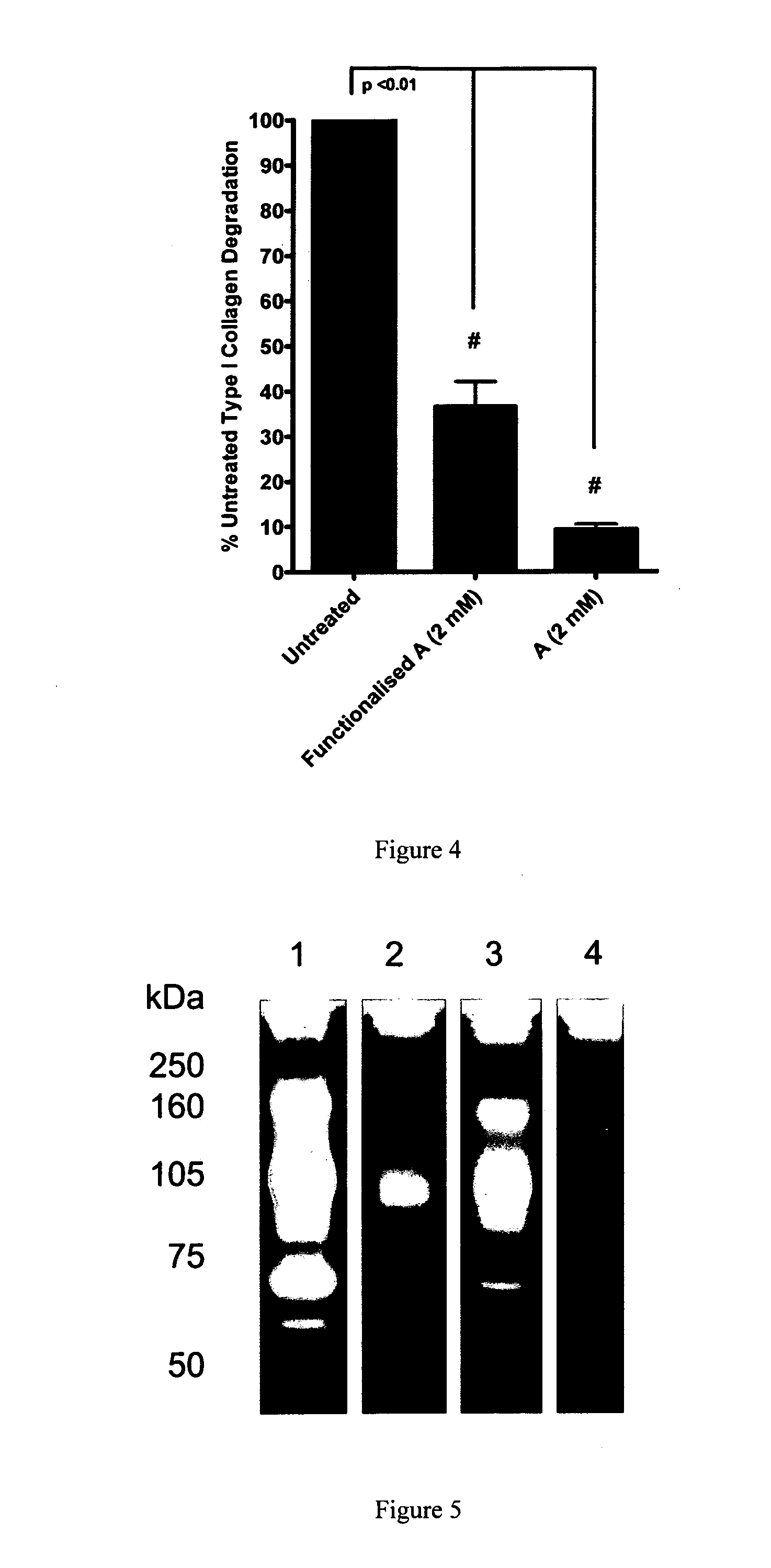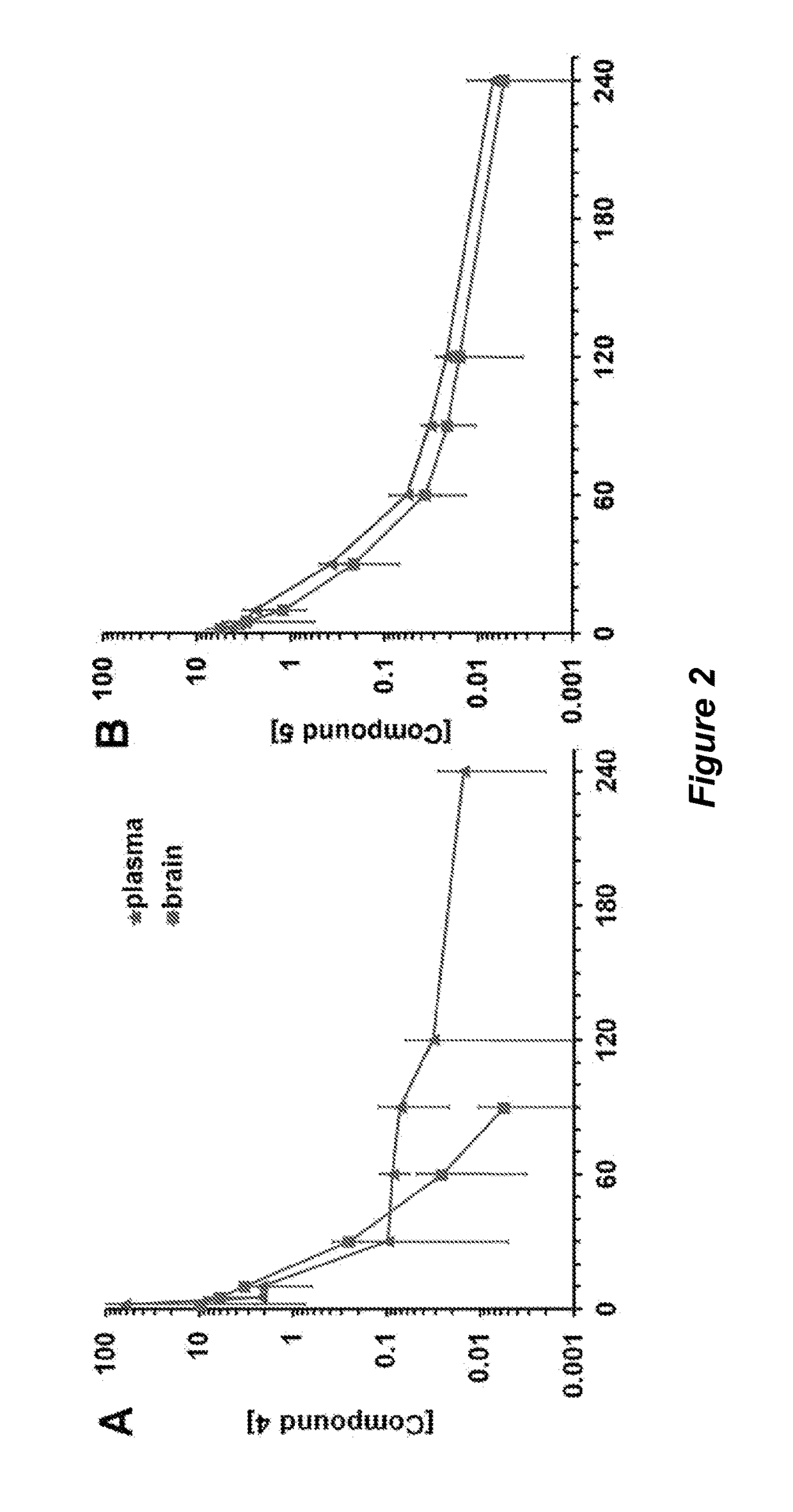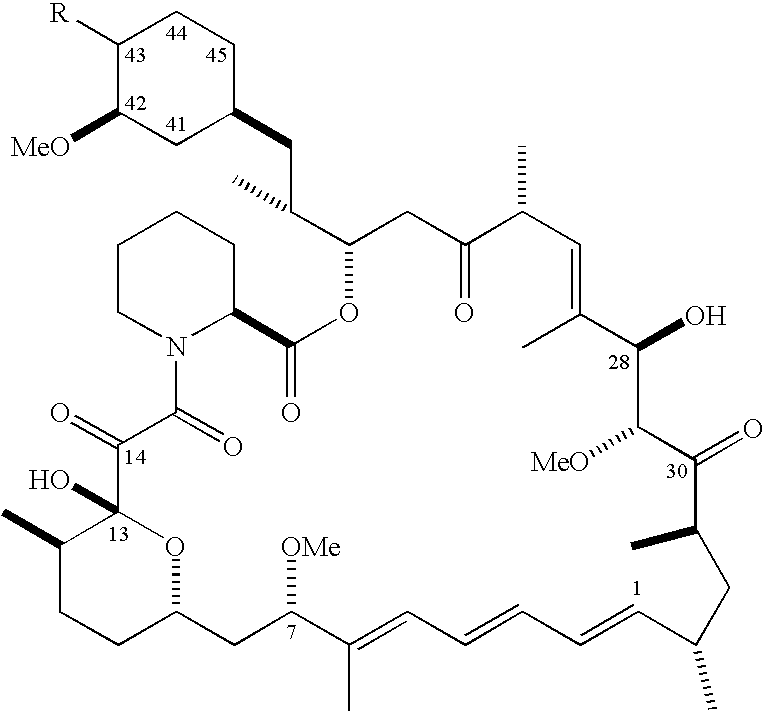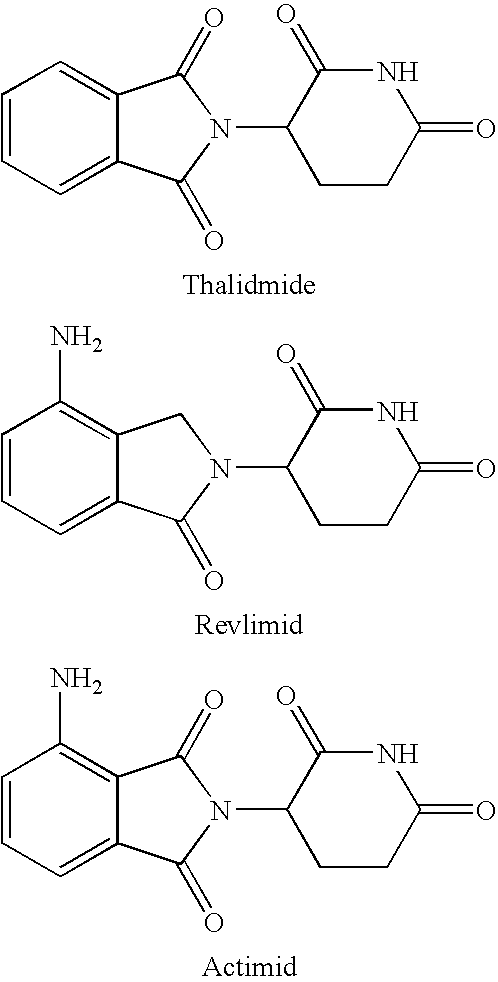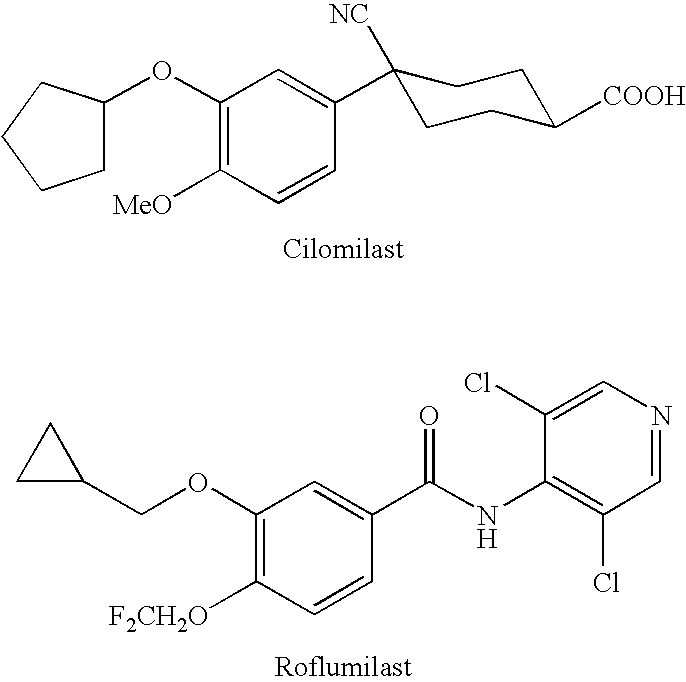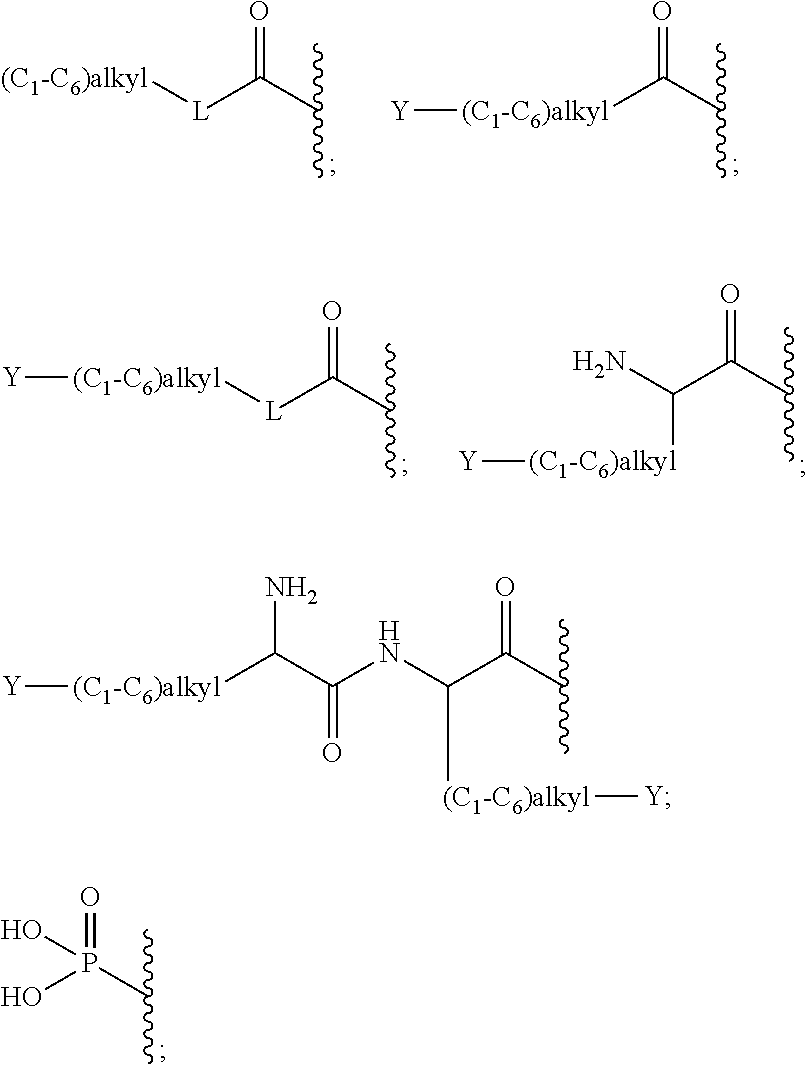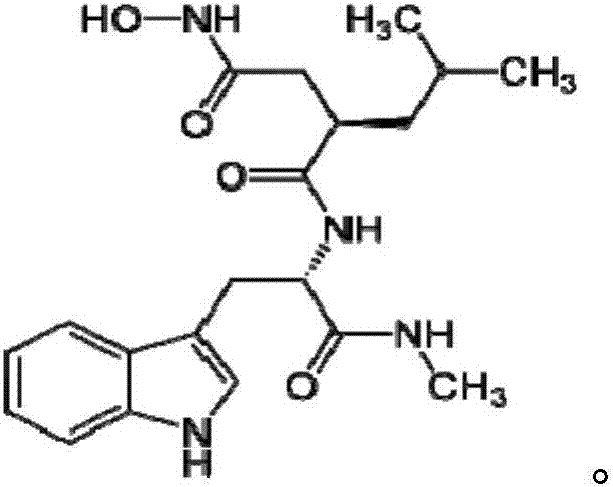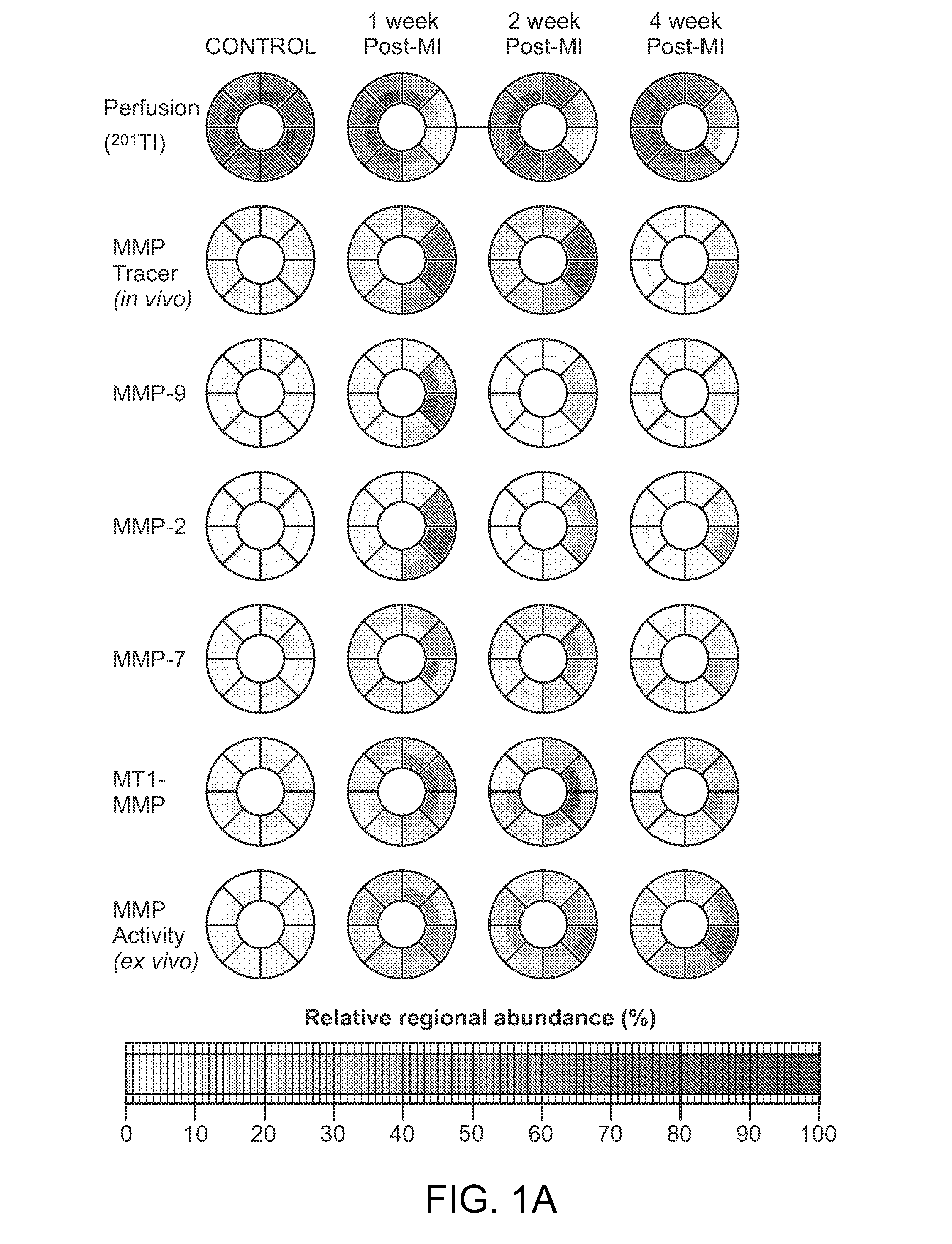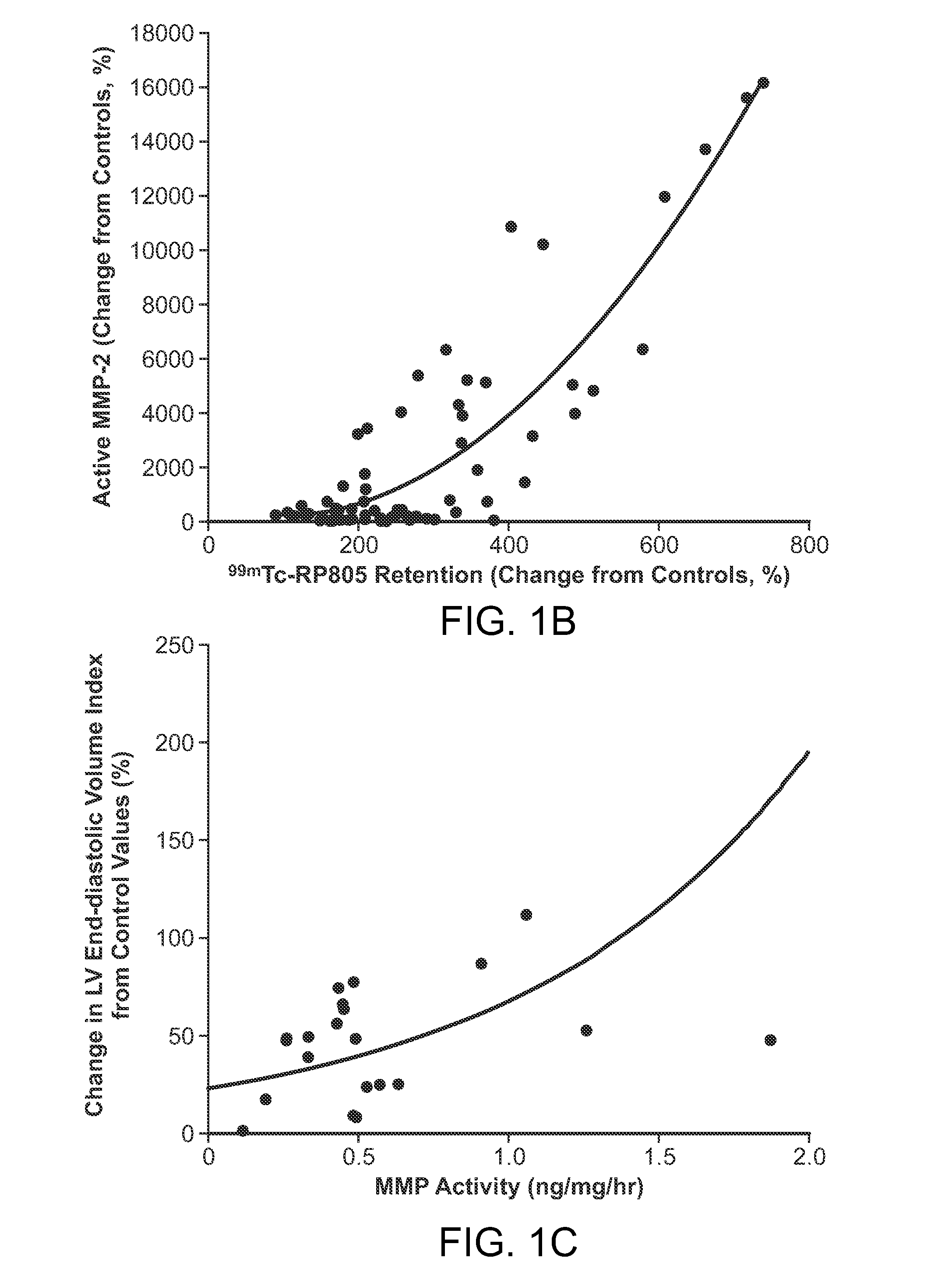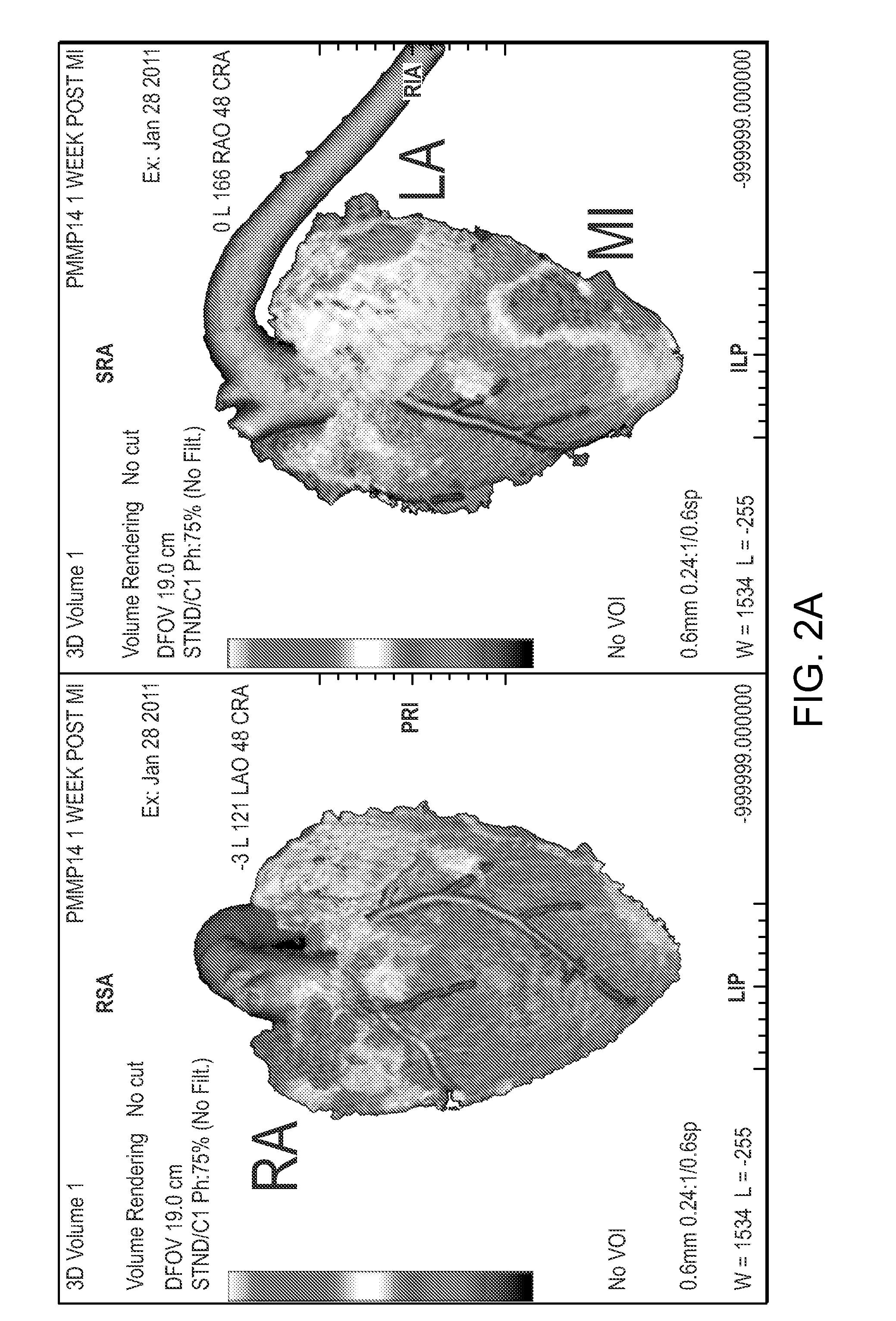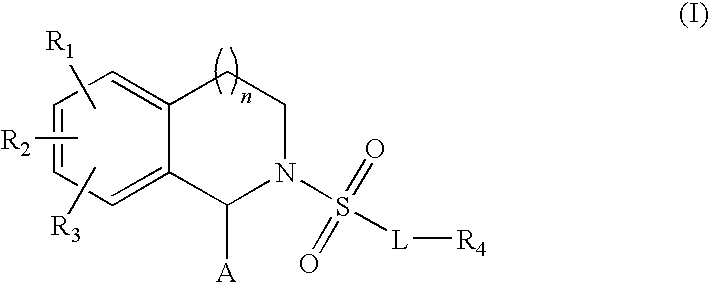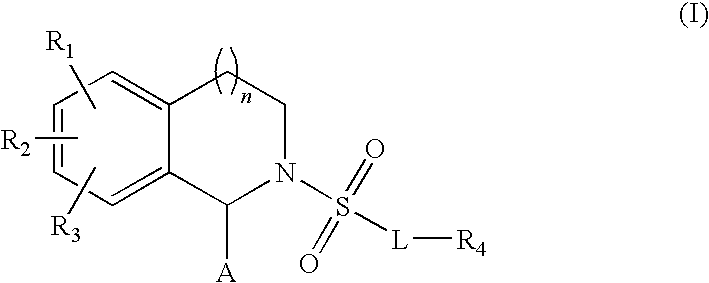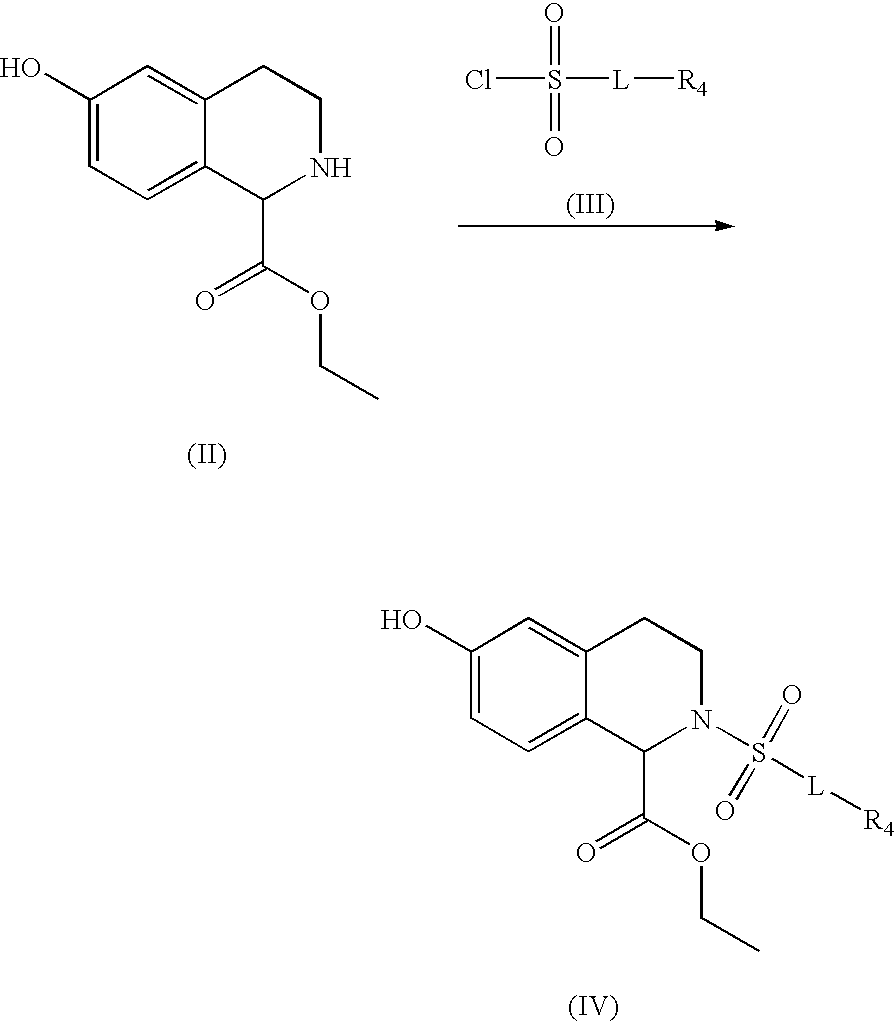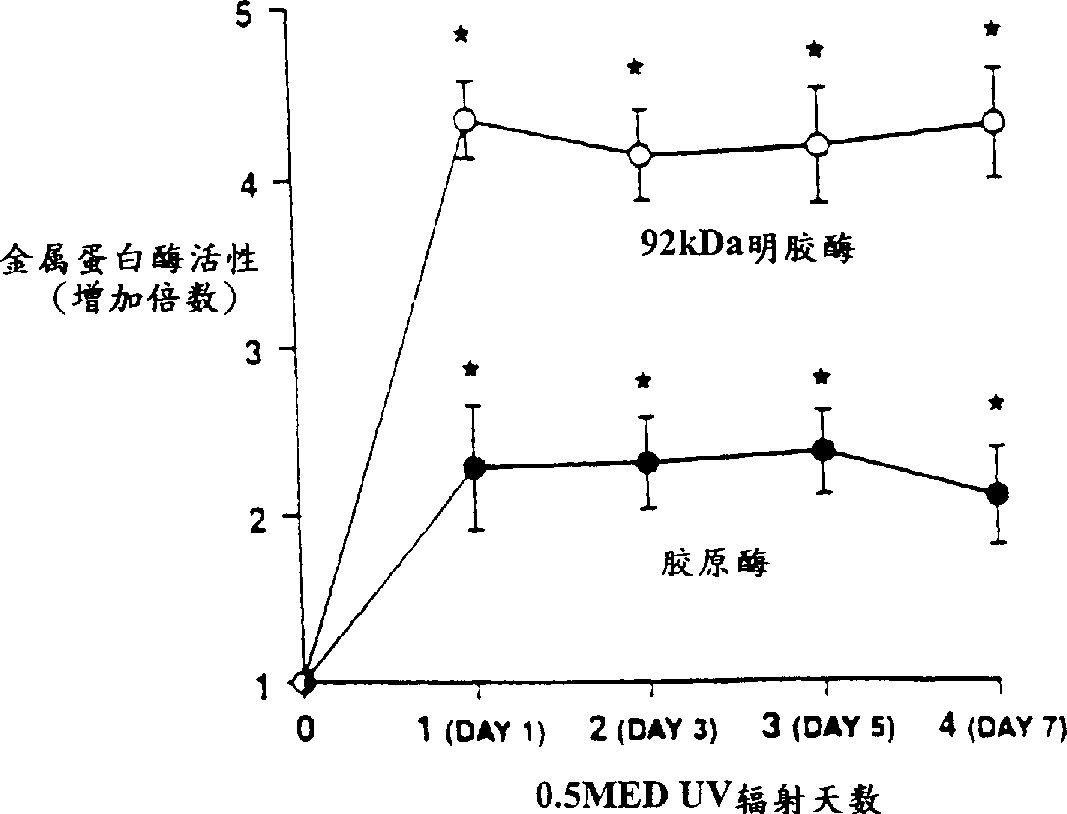Patents
Literature
Hiro is an intelligent assistant for R&D personnel, combined with Patent DNA, to facilitate innovative research.
56 results about "MMP Inhibitors" patented technology
Efficacy Topic
Property
Owner
Technical Advancement
Application Domain
Technology Topic
Technology Field Word
Patent Country/Region
Patent Type
Patent Status
Application Year
Inventor
Use of matrix metalloproteinase inhibitors in skin care
InactiveUS20090068255A1Preventing and reducing of and sun damageImprove skin appearanceBiocideCosmetic preparationsWrinkle skinDisease
The application of matrix metalloproteinase (MMP) inhibitors to the skin inhibits the degradation of proteins found in the skin including collagen, elastin, and other basement membrane and extracellular matrix protein. MMP inhibitors may be used in both cosmetic compositions and pharmaceutical compositions for application to skin. MMP inhibitors are formulated with a cosmetically suitable vehicle or pharmaceutically acceptable excipient for application to the skin as creams, lotions, ointments, solutions, face masks, etc. As cosmetics, the inventive MMP inhibitor compositions are applied to the skin to prevent or reduce the appearance of wrinkles, pigmentation changes, loss of elasticity, or other effects associated with aging or sun damage. As pharmaceuticals, the inventive MMP inhibitor compositions may also be applied to the skin to treat or prevent a skin disease (e.g., proliferative disease, inflammatory disease).
Owner:LIVING PROOF INC
Method of using a matrix metalloproteinase inhibitor and one or more antineoplastic agents as a combination therapy in the treatment of neoplasia
InactiveUS6858598B1Reduce morbidityReduction in severity and frequencyHeavy metal active ingredientsBiocideDNA underwindingIrinotecan
A method of using an MMP inhibitor and optionally radiation therapy, and one or more antineoplastic agents of the topoisomerase class selected from the group consisting of irinotecan and topotecan, as a combination therapy for the treatment of neoplasia is disclosed.
Owner:GD SEARLE & CO
Transdiscal administration of high affinity anti-MMP inhibitors
ActiveUS7429378B2Prevent degradationReduced effectivenessPeptide/protein ingredientsSkeletal disorderMedicineIntervertebral disc
The present invention relates to injecting a high affinity antagonist of MMPs into a diseased intervertebral disc.
Owner:DEPUY SPINE INC (US)
Multicyclic bis-amide MMP inhibitors
The present invention relates generally to bis-amide group containing pharmaceutical agents, and in particular, to multicyclic bis-amide MMP-13 inhibitor compounds. More particularly, the present invention provides a new class of MMP-13 inhibiting compounds, containing a pyrimidinyl bis-amide group in combination with a heterocyclic moiety, that exhibit an increased potency and solubility in relation to currently known bis-amide group containing MMP-13 inhibitors.
Owner:ALANTOS PHARMA HLDG INC
Triazolo compounds as MMP inhibitors
InactiveUS20020151558A1Organic active ingredientsBiocideMedicinal chemistryMatrix metalloproteinase inhibitor
A compound selected from those of formula (I): in which: W represents N or C-R1; in which R1 is as defined in the description, X represents N or C-R2 in which R2 is as defined in the description, Y represents a group selected from oxygen, sulfur, -NH, and -Nalkyl, Z represents a group selected from oxygen, sulphur, -NR8 in which R8 is as defined in the description, and optionally carbon depending the definition of Y, n is an integer from 0 to 8 inclusive, Z1 represents a group -CR9R10 wherein R9 and R10, are as defined in the description, which group contains optionally multiple bonds or heteroatomes, A represents a cyclic group, m is an integer from 0 to 7 inclusive, the group(s) R4 is (are) as defined in the description, R3 represents a group selected from hydrogen, alkyl, alkenyl, alkynyl, and the group of formula: in which p, Z2, B, q, and R13 are as defined in the description, optionally, its racemic forms, isomers thereof, N-oxydes thereof, and its the pharmaceutically acceptable salts thereof, and medicinal products containing the same are useful as specific inhibitors of type-13 matrix mettaloprotease.
Owner:WARNER-LAMBERT CO
Method for protecting and restoring skin using selective MMP inhibitors
InactiveUS20020119107A1Type of reductionEliminate the effects ofCosmetic preparationsToilet preparationsUltravioletSolar ultraviolet radiation
The invention is based on selective inhibition of the enzyme (MMP-1), which causes the dermal matrix damage in humans, while sparing the enzyme(s) (MMP-9 and perhaps MMP-2) which not only do not cause the damage (based on extrapolation from our in vitro collagen gel system to real skin) but actually "clear away" the damage produced by MMP-1 to restore normal function to the skin. Matrix metalloproteinase-1 (MMP-1; fibroblast collagenase) is induced by UV radiation from the sun and is naturally elevated in old age. Human fibroblasts exposed to the degradation products of MMP-1 contract collagen, but when this debris is removed from their environment, the fibroblasts behave normally. Inhibiting MMP-1 but sparing enzymes that remove the debris improves human skin after onslaught from solar UV radiation, old age, and acne.
Owner:RGT UNIV OF MICHIGAN
Treatment of psoriasis with matrix metalloproteinase inhibitors
The present invention relates to methods of treating psoriasis by inhibiting one or more matrix metalloproteinase enzymes ("MMPs"). It is based, at least in part, on the discovery that the expression patterns of certain MMPs and related molecules are altered in patients suffering from psoriasis, relative to normal subjects. Certain expression patterns are altered even in unaffected skin of psoriasis-afflicted patients, although aberrancies are more pronounced in psoriatic lesions. In various non-limiting embodiments, the present invention provides for methods of treating psoriasis, including preventing the development of new psoriatic lesions, comprising administering, to subjects in need of such treatment, effective concentrations of compounds which inhibit the enzymatic activity of one or more MMP. Suitable inhibitors include tetracycline and its derivatives and various hydroxymate, carboxylic acid, and phosphonic acid derivatives. Therapy may comprise systemic and / or local administration of inhibitor. In additional embodiments, the present invention provides for methods of diagnosing MMP inhibitor responsive skin lesions, for evaluating the level of disease activity in a subject, and for transgenic animal and tissue culture models of psoriasis.
Owner:FLEISCHMAJER RAUL
Triazolo compounds as MMP inhibitors
Owner:WARNER LAMBERT CO LLC
Transdiscal administration of high affinity anti-MMP inhibitors
InactiveUS20070269413A1Prevent degradationInhibitory activityBiocidePeptide/protein ingredientsMedicineIntervertebral disc
The present invention relates to injecting a high affinity antagonist of MMPs into a diseased intervertebral disc.
Owner:DEPUY SYNTHES PROD INC
Method of treating fatty liver disease
The present invention relates to a method for treating a fatty liver disease or disorder in a patient in need thereof. The method comprises administering at least one matrix metalloproteinase (“MMP”) inhibitor to the patient. Fatty liver disease or disorders include, for example, NAFLD, NASH, ALD, fatty liver associated with chronic hepatitis infection, TPN, steroid treatment, tamoxifen treatment, gastrointestional operations, diabetes and Reye's Syndrome. The method is particularly useful when the fatty liver disease is associated with TPN and the patient is an infant or when the patient is obese. MMP inhibitors useful in the present invention include, for example, Marimastat, tetracyclines, Prinomastat, Batimastat, BAY 12-9566, AG3340, BMS-275291, Neovastat, BB-3644, KB-R7785, TIMP1, TIMP2, doxycycline, minocycline, RS-130,830; CGS 27023A, Solimastat, Ro 32-3555, BMS-272591, and D2163. Marimastat is a preferred MMP inhibitor.
Owner:CHILDRENS MEDICAL CENT CORP
Compositions and methods using direct MMP inhibitors for inhibiting photoaging of skin
InactiveUS6942870B2Avoid photodamageImprove the level ofCosmetic preparationsBiocideRetinoidVitamin C
Compositions and methods are provided for ameliorating various effects of UVA and UVB radiation from the sun. The compositions include an ingredient that prevents photoaging from MED and subMED radiation, namely a direct acting MMP (matrix metalloproteinase) inhibitor. The compositions can include another, indirect MMP inhibitor, such as a retinoid, certain other compounds (such as N-acetylcysteine, 2-furildioxime, and vitamin C), tetracyclines, and if a retinoid is used then in addition optional compounds that inhibit the CYP-26 (chytochrome P-450) mediated metabolism of retinoids such as ketoconazole and other azole compounds. In the method, the composition is applied prior to exposure to the sun; for direct acting MMP inhibitors, application should be just prior to exposure, and if indirect inhibitors such as retinoids are used in addition, then application of the indirect inhibitor should be at least about seven hours prior to exposure. Compounds that prevent erythema (skin reddening, sunburn) do not necessarily protect against UV-mediated elevation of MMP levels and activity, and similarly compounds that prevent UV-mediated elevation of MMP levels and activity are not necessarily effective against UV-induced erythema.
Owner:RGT UNIV OF MICHIGAN
Membrane type-1 matrix metalloprotein inhibitors and uses thereof
InactiveUS20110305750A1Reduce the frequency of occurrenceReduce severityPeptide/protein ingredientsAntipyreticDiseasePhosphorylation
Based on the discovery that a soluble polypeptide including a nonphosphorylatable form of the cytoplasmic domain is capable of inhibiting in a dominant negative manner, the present invention provides compositions including MT1-MMP inhibitors such as peptide inhibitors, and methods for treating diseases associated with MT1-MMP activity. Such diseases include cancer, arthritis, and heart disease, and vascular disease.
Owner:ANGLACHEM INC
Substituted tetrahydroisochinolines as MMP inhibitors, related production method and use as medicine
Owner:SANOFI SA
Coated suture thread and production thereof
InactiveUS20090177228A1Easily be used for building matrixReduce decreaseSuture equipmentsPretreated surfacesFiberDamages tissue
Disclosed is a coated suture thread comprising a matrix formed by an immobilized and crosslinked plurality of fibrinogen layers into and / or onto which one or several pharmacological substances that inhibit tissue break-down, such as MMP inhibitors and / or corticosteroids and / or COX inhibitors, are attached and / or associated. Further, a method of producing such a coated suture thread as well as the use thereof for suturing damaged tissue, such as damaged tendon, ligament, intestine and / or skin, are described.
Owner:ADDBIO
Topical compositions for inhibiting matrix metalloproteases and providing antioxidative activities
Owner:BEAUTYAVENUES
Membrane type-1 matrix metalloprotein inhibitors and uses thereof
InactiveUS8853353B2Easy to transportReduce frequencyHydrolasesPeptide/protein ingredientsDiseasePhosphorylation
Based on the discovery that a soluble polypeptide including a nonphosphorylatable form of the MT1-MMP cytoplasmic domain is capable of inhibiting MT1-MMP in a dominant negative manner, the present invention provides compositions including MT1-MMP inhibitors such as peptide inhibitors, and methods for treating diseases associated with MT1-MMP activity. Such diseases include cancer, arthritis, and heart disease, and vascular disease.
Owner:ANGLACHEM INC
Membrane type-1 matrix metalloprotein inhibitors and uses thereof
Based on the discovery that a soluble polypeptide including a nonphosphorylatable form of the MT1-MMP cytoplasmic domain is capable of inhibiting MT1-MMP in a dominant negative manner, the present invention provides compositions including MT1-MMP inhibitors such as peptide inhibitors, and methods for treating diseases associated with MT1-MMP activity. Such diseases include cancer, arthritis, and heart disease, and vascular disease.
Owner:ANGLACHEM INC
Peptide Inhibitors of Matrix Metalloproteinase Activity
The present invention relates to novel matrix metalloproteinase (MMP) inhibitors and down-regulators, to pharmaceutical compositions comprising these inhibitors / down-regulators, to the improvement of liposome targeting to cancer cells, to the use of the novel MMP inhibitors for the manufacture of pharmaceutical and research preparations, to a method for inhibiting and down-regulating MMP-dependent conditions either in vivo or in vitro, to a method for inhibiting activations and / or functions as well catalytic and non-catalytic actions of matrix metalloproteinases, and to the use of the novel MMP inhibitors and down-regulators in biochemical isolation and purification procedures of matrix metalloproteinases.
Owner:CTT CANCER TARGETING TECH
Substituted tetrahydroisoquinolines used in the form of mmp inhibitors, method for the production and use thereof in the form of drugs
Owner:SANOFI AVENTIS DEUT GMBH
Wound repair composition and method
InactiveUS20100172860A1Group 5/15 element organic compoundsPharmaceutical non-active ingredientsMedicineBiomedical engineering
The invention provides a dressing composition comprising a bisphosphonate matrix metalloproteinase (MMP) inhibitor covalently bound to a polymer wherein, when the dressing is contacted with a wound, substantially all of the bisphosphonate remains with the dressing composition and is unable to enter the wound tissue. The invention also provides for a method of treatment of a wound by contacting a dressing composition comprising a covalently bound MMP inhibitor with the wound fluid to thereby selectively inhibit one or more MMP's in the wound fluid without inhibiting those in the wound tissue.
Owner:QUEENSLAND UNIVERSITY OF TECH
Method of treating fatty liver disease
Owner:CHILDRENS MEDICAL CENT CORP
Selective matrix metalloproteinase inhibitors
The invention provides compounds, compositions, and methods for the treatment of diseases, disorders, or conditions that are modulated by matrix metalloproteinases (MMPs). The compounds can be selective MMP inhibitors, for example, selective inhibitors of MMP-2, MMP-9, and / or MMP-14. The disease, disorder, or condition can include, for example, stroke, neurological disorders, ophthalmological disorders, or wounds, such as chronic wounds or diabetic wounds.
Owner:UNIV OF NOTRE DAME DU LAC
Coadministration of ACAT and MMP inhibitors for the treatment of atherosclerotic lesions
This invention is the coadministration of ACAT and MMP inhibitors for the reduction of both the macrophage and smooth muscle cell component of atherosclerotic lesions, thus impairing the expansion of existing lesions and the development of new lesions and for the prevention of plaque rupture and the promotion of lesion regression in a mammal.
Owner:WARNER-LAMBERT CO
Therapeutic materials and methods
Disclosed are methods for treating various cancers. Methods encompass the administration of an mTOR inhibitor in combination with a second drug selected from an ImiD, a PDE4 inhibitor, a p38 MAP kinase inhibitor, a xanthine anticytokine, a dual TACE / MMP inhibitor and a proteasome inhibitor.The methods are aimed at providing a desirable therapeutic window while maintaining prior, if not higher, dose levels of the mTOR inhibitor.
Owner:ARIAD PHARMA INC
Gelatinase inhibitors and prodrugs
The invention provides compounds, compositions, and methods for the treatment of diseases, disorders, or conditions that are modulated by matrix metalloproteinases (MMPs). The disease, disorder, or condition can include, for example, stroke, neurological disorders, or ophthalmological disorders. The treatment can include administering a compound or composition described herein, thereby providing a prodrug compound that metabolizes to an active MMP inhibitor in vivo. The MMP inhibition can be selective inhibition, for example, selective inhibition of MMP-2, MMP-9, and / or MMP-14. Thus, the invention provides non-mutagenic prodrug compounds of the formulas described herein that result in the inhibition of MMPs upon in vivo administration.
Owner:UNIV OF NOTRE DAME DU LAC
A skin lightening composition comprising niacinamide and ilomastat
The present invention is in the field of personal care compositions, in particular relates to skin lightening compositions. A composition that combines the cyclic adenylic acid reduction and the reduction of melanin content in melanocytes remains to be desired. It has been found that niacinamide in combination with MMP inhibitor galardin synergistically reduces melanin content in melanocytes. The invention thus relates to a composition comprising a synergistic combination of niacinamide and galardin for use in skin lightening. Thus the composition, when applied topically over an appropriate length of time in-vivo, may be used to lighten the skin, or to reduce age spots or freckles.
Owner:UNILEVER IP HLDG BV
Evaluation of presence of and vulnerability to atrial fibrillation and other indications using matrix metalloproteinase-based imaging
InactiveUS20150023873A1Enhance the imageIncreased riskMedical imagingRadioactive preparation carriersMedicineImaging agent
The invention provides, in some embodiments, methods relating to assessing increased risk of developing atrial fibrillation (AF), and / or the likelihood of responding to particular AF therapies using imaging agents comprising an MMP inhibitor linked to an imaging moiety. The invention further provides methods for evaluating the presence of the risk of developing other cardiovascular conditions and assessing the effectiveness of treatment or other intervention for such conditions by determining MMP levels.
Owner:LANTHEUS MEDICAL IMAGING INC +1
Substituted tetrahydroisochinolines as MMP inhibitors, related production method and use as medicine
Owner:SANOFI SA
Compositions and methods for inhibiting photoaging of skin
InactiveCN1259040AAvoid decompositionCosmetic preparationsHydroxy compound active ingredientsVitamin CAdditive ingredient
The invention provides compositions and methods for ameliorating various effects of UVA and UVB radiation from the sun. The compositions including an ingredient that prevents photoaging from MED and subMED radiation, such as a retinoid, certain other compounds (such as N-acetylcysteine, 2-furildioxime, and vitamin C) and optionally other MMP inhibitors such as tetracyclines and / or compounds that inhibit the P-450-mediated metabolism of retinoids such as ketoconazole and other azole compounds. In the method, the composition is applied prior to exposure to the sun; depending upon the ingredients used in the composition, application should be from 7 to 48 hours prior to exposure. Compounds that prevent erythema (skin reddening, sunburn) do not necessarily protect against UV-mediated elevation of MMP levels and activity, and similarly compounds that prevent UV-mediated elevation of MMP levels and activity are not necessarily effective against UV-induced erythema.
Owner:RGT UNIV OF MICHIGAN
Skin lightening composition comprising 4-hexylresorcinol and ilomastat
The present invention is in the field of personal care compositions; in particular skin lightening compositions. A more effective way to reduce melanin content in melanocytes remains to be desired. It has been found that 4-hexylresorcinol in combination with MMP inhibitor galardin synergistically reduces melanin content in melanocytes. The invention thus relates to a composition comprising a synergistic combination of 4-hexylresorcinol and galardin for use in skin lightening. Thus the composition, when applied topically over an appropriate length of time in-vivo, may be used to lighten the skin, or to reduce age spots or freckles.
Owner:CONOPCO INC D B A UNILEVER
Features
- R&D
- Intellectual Property
- Life Sciences
- Materials
- Tech Scout
Why Patsnap Eureka
- Unparalleled Data Quality
- Higher Quality Content
- 60% Fewer Hallucinations
Social media
Patsnap Eureka Blog
Learn More Browse by: Latest US Patents, China's latest patents, Technical Efficacy Thesaurus, Application Domain, Technology Topic, Popular Technical Reports.
© 2025 PatSnap. All rights reserved.Legal|Privacy policy|Modern Slavery Act Transparency Statement|Sitemap|About US| Contact US: help@patsnap.com
